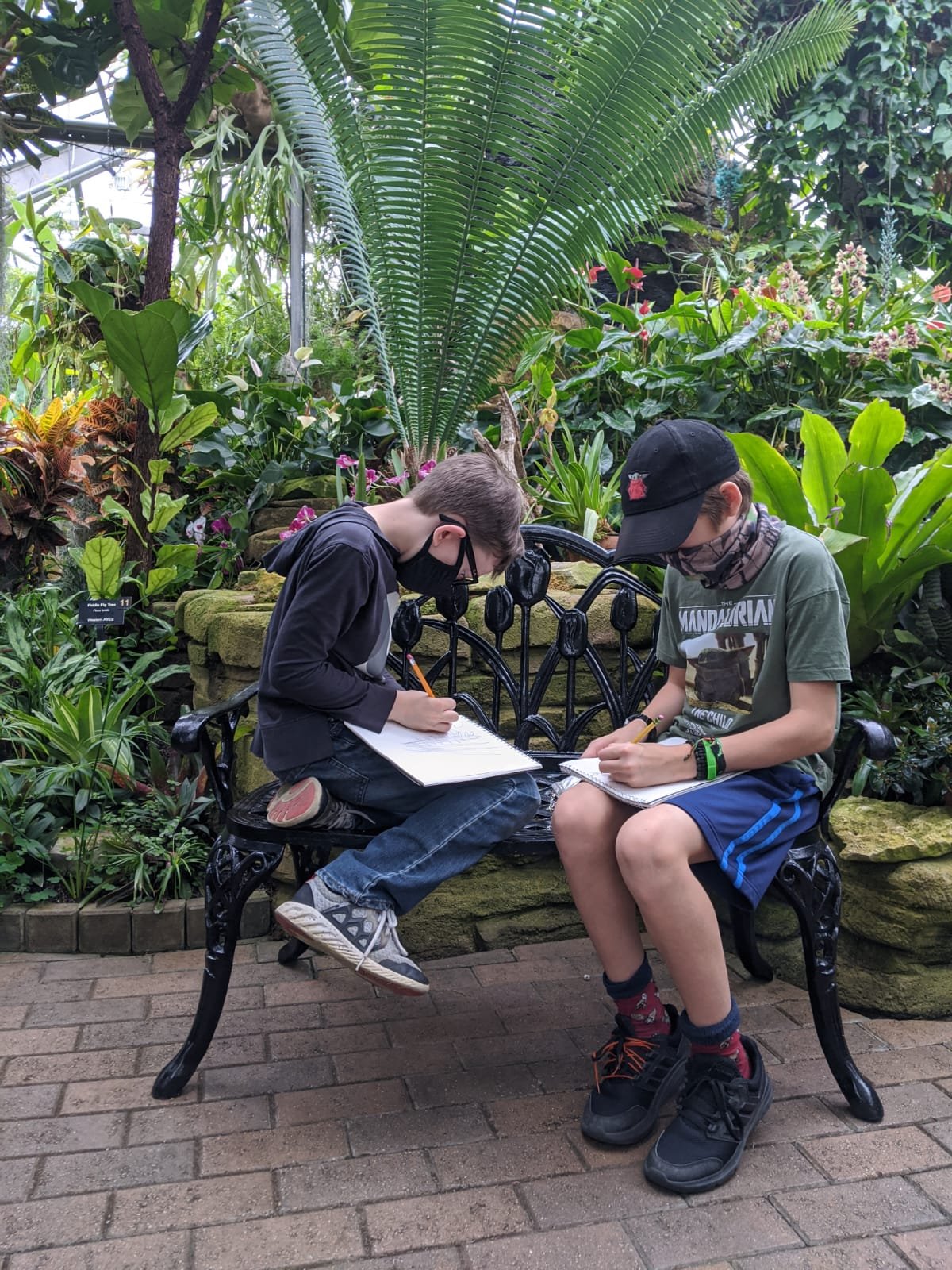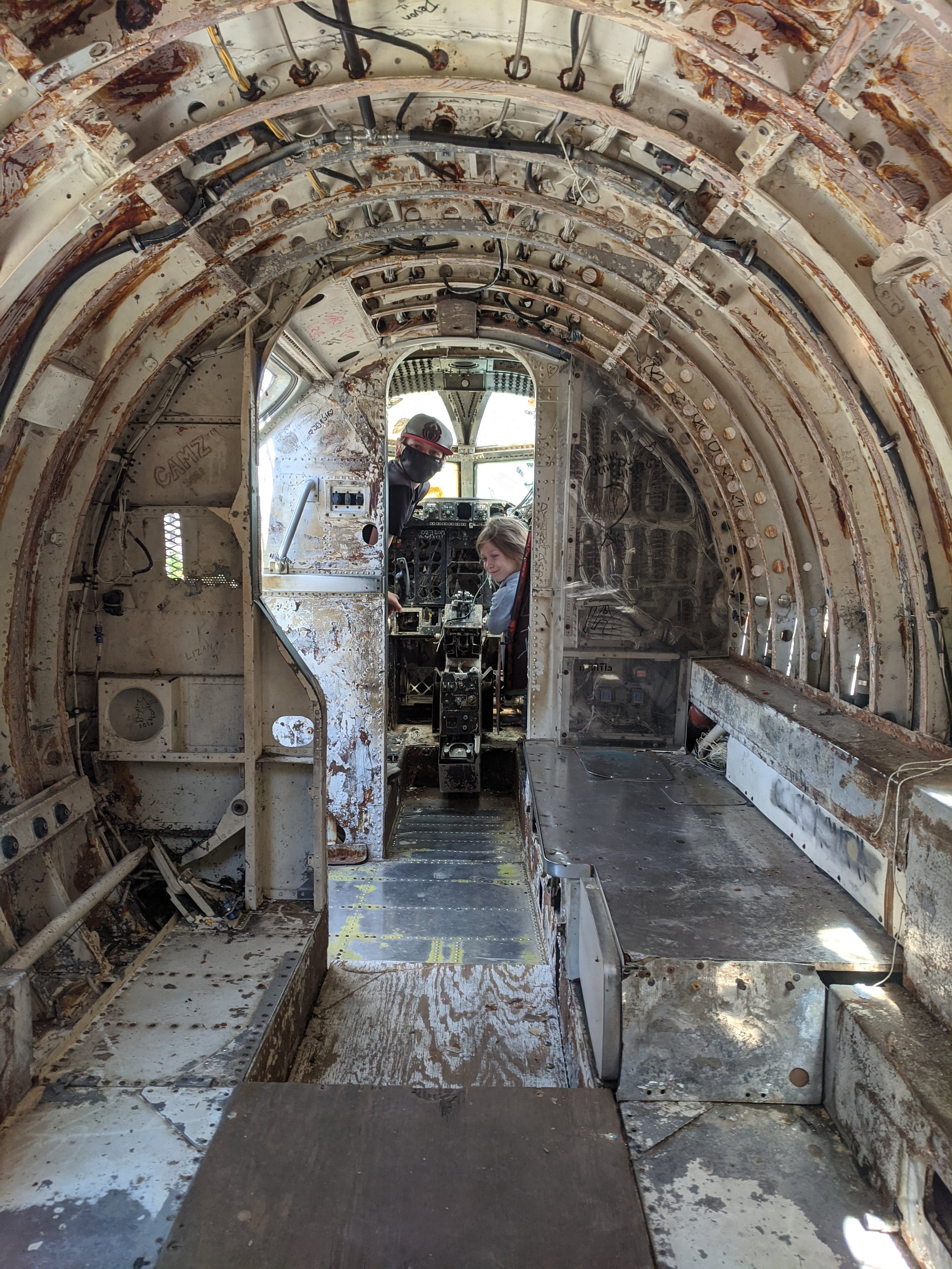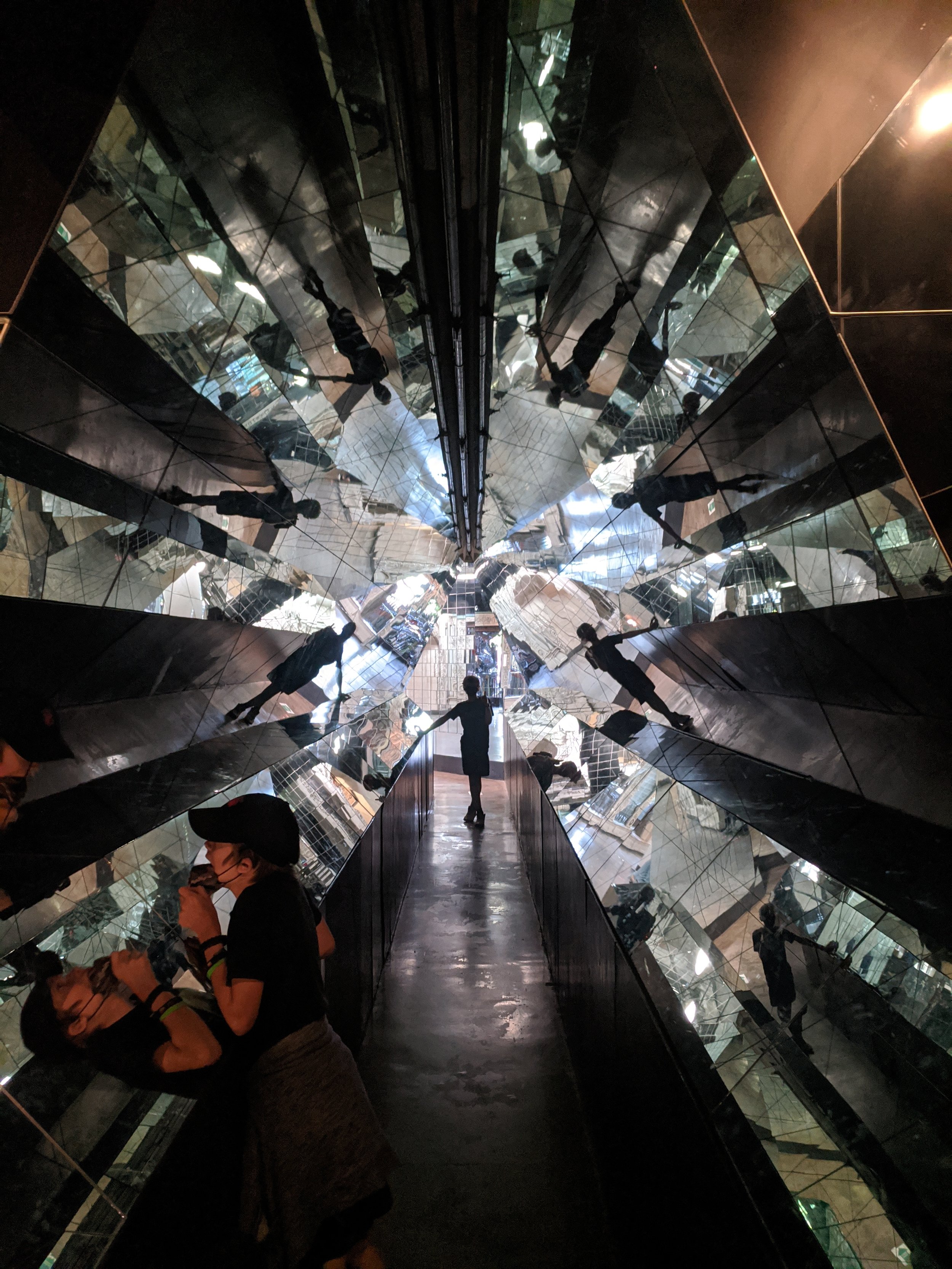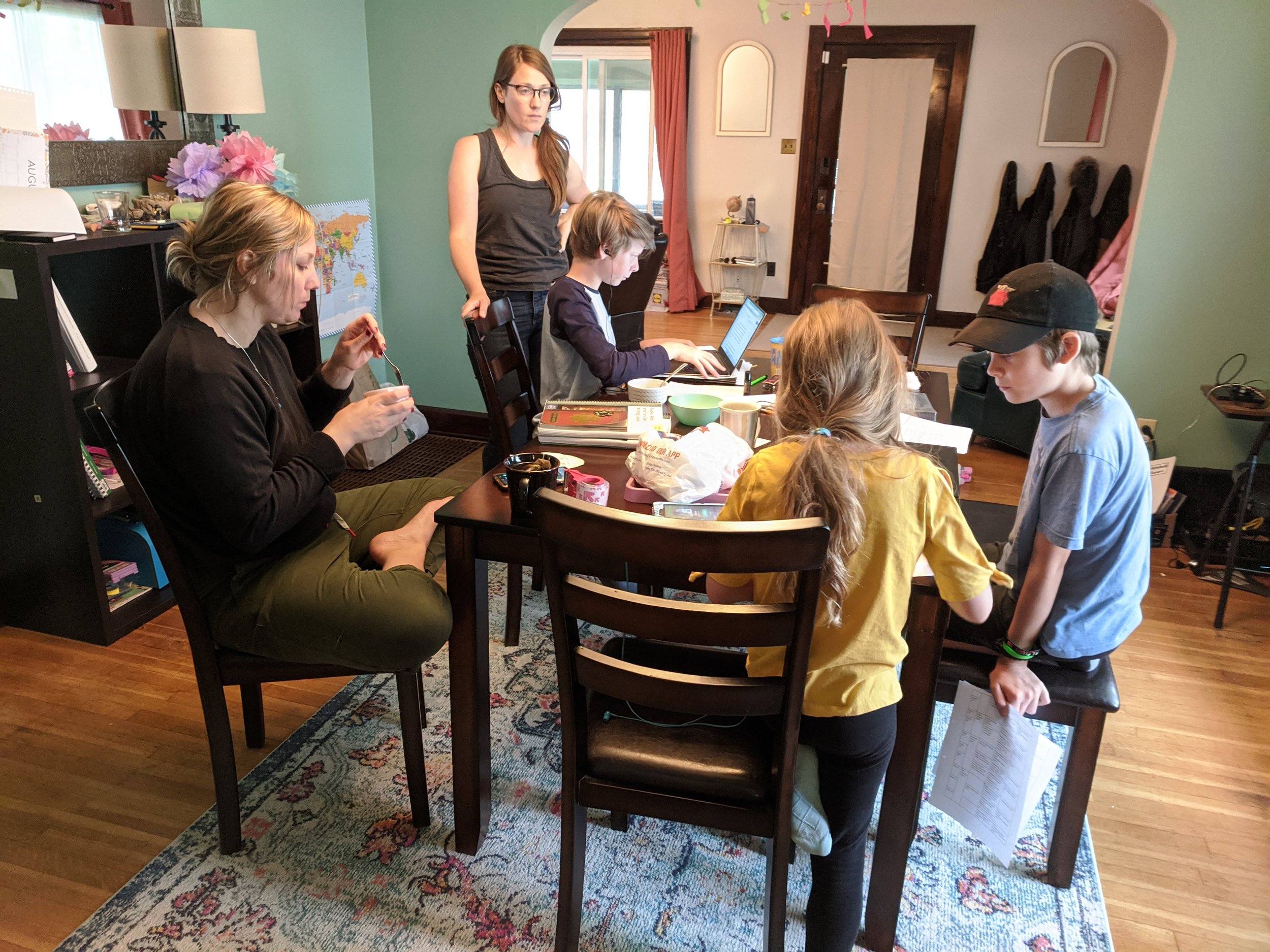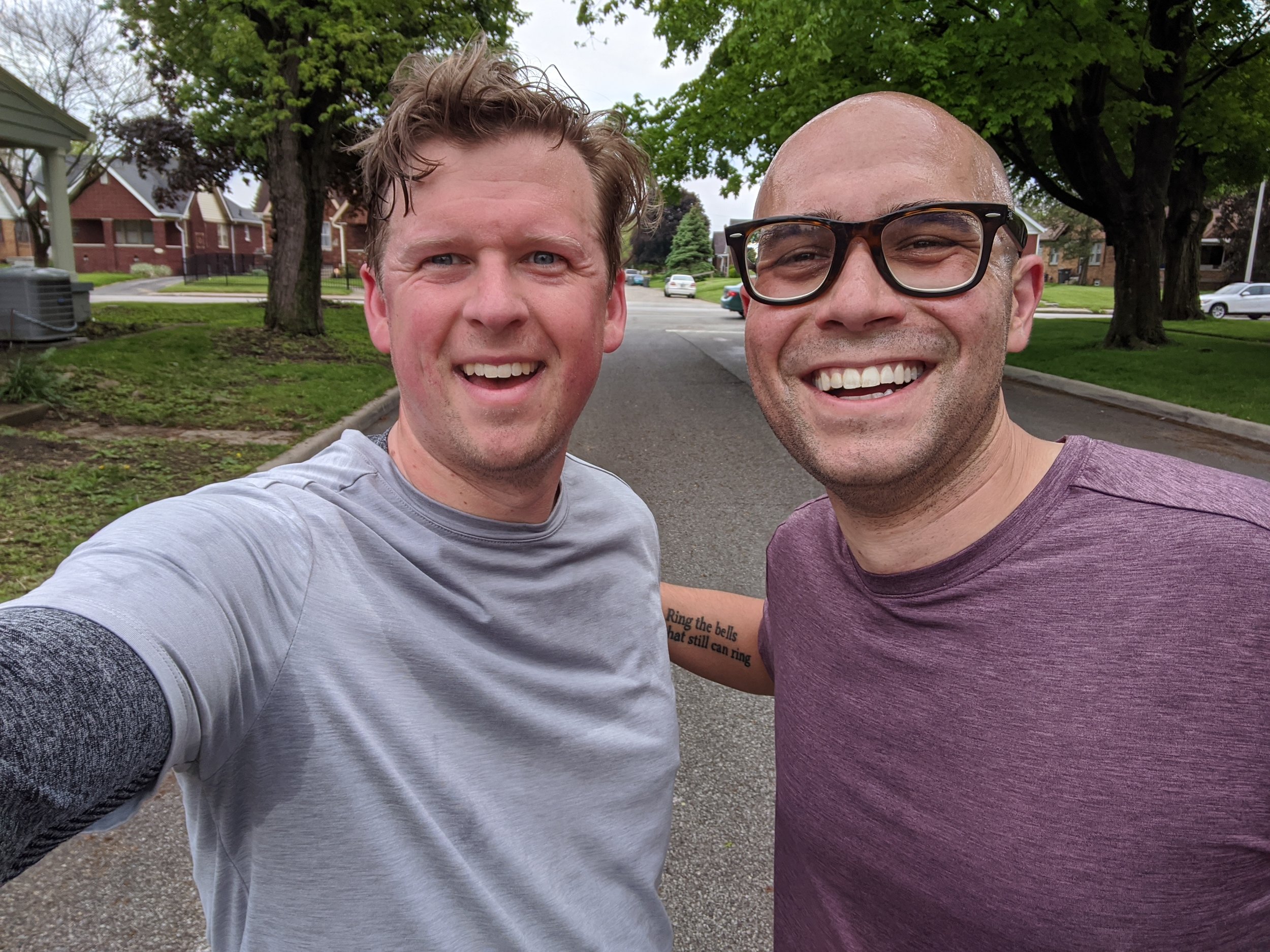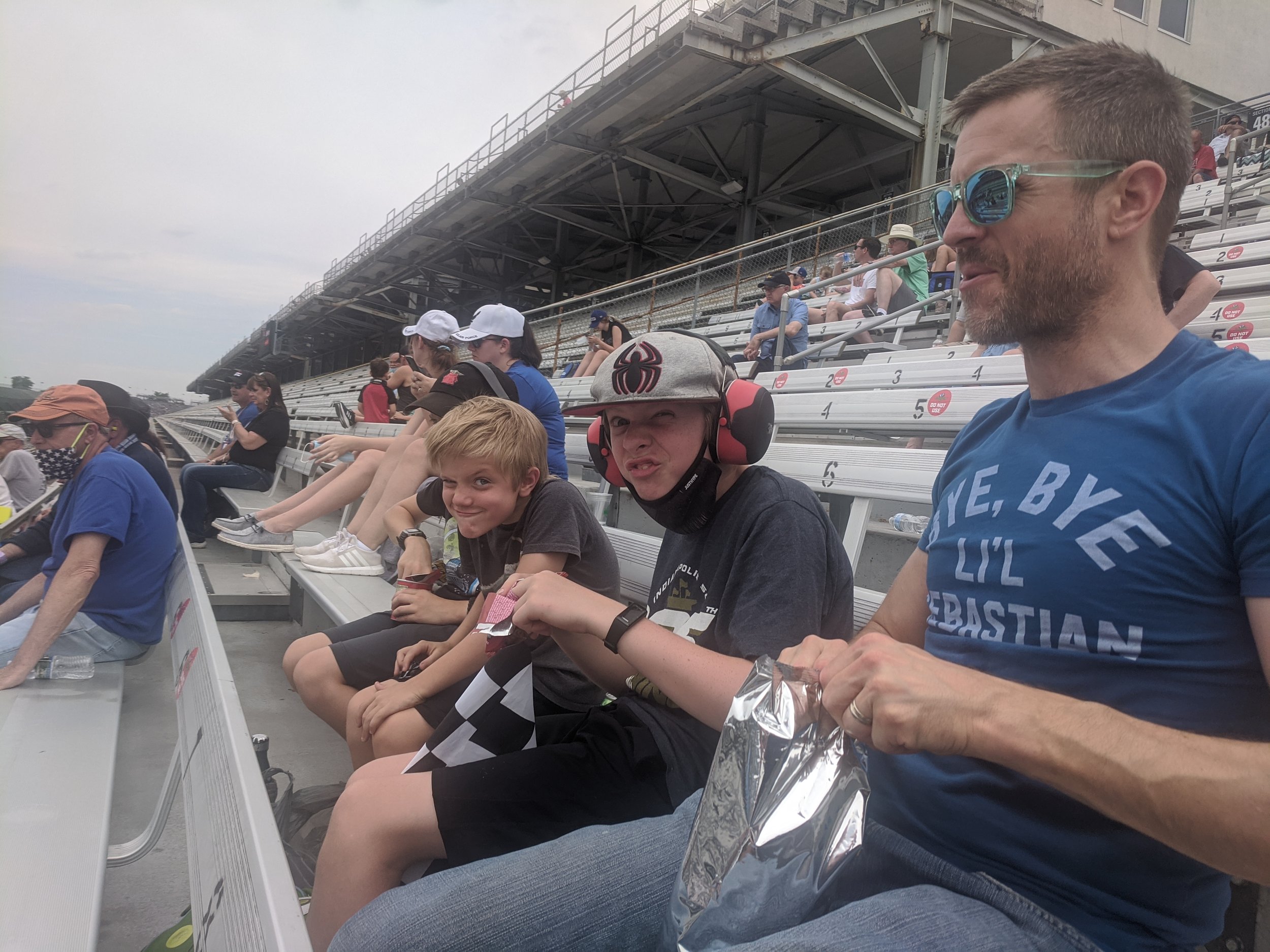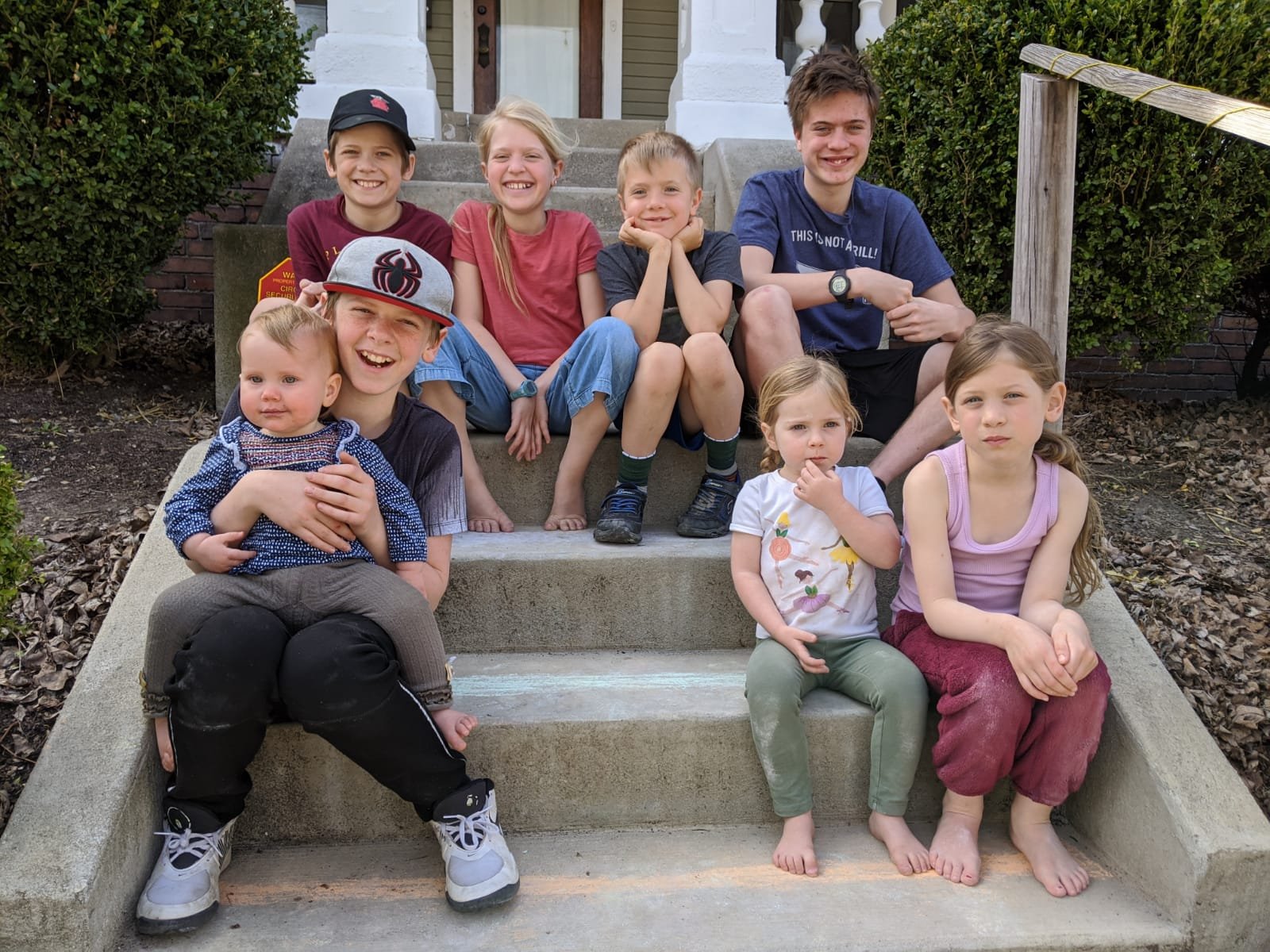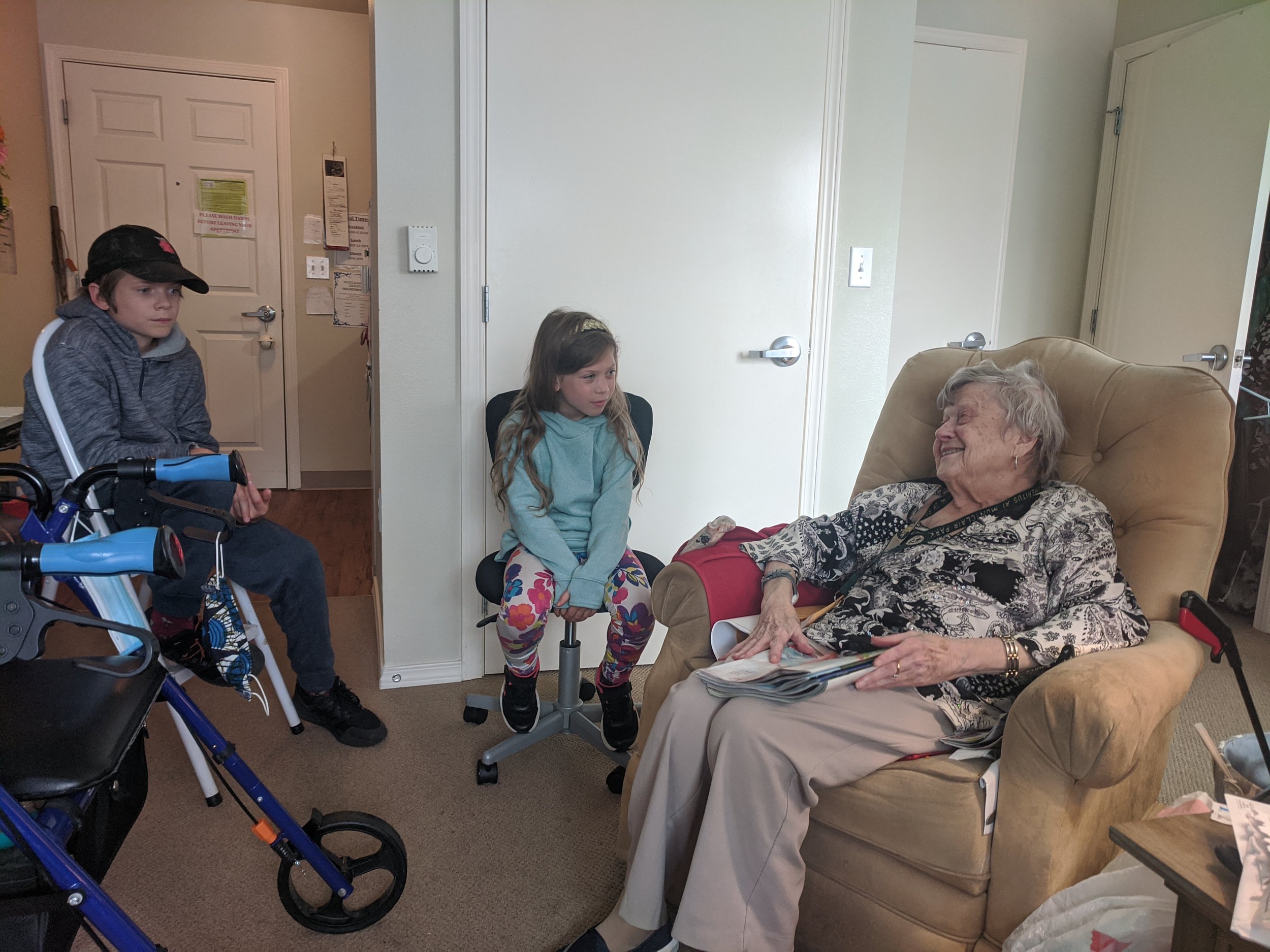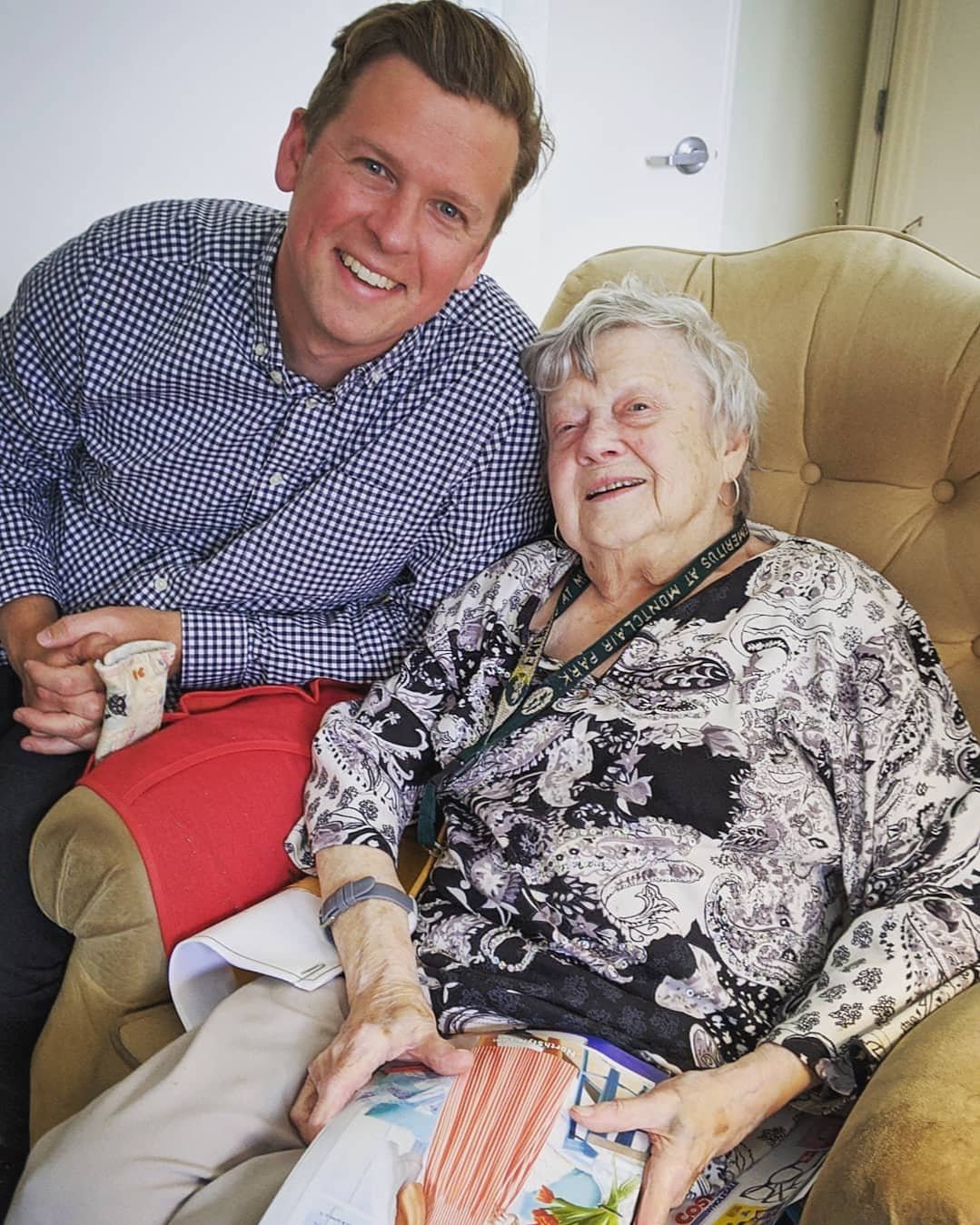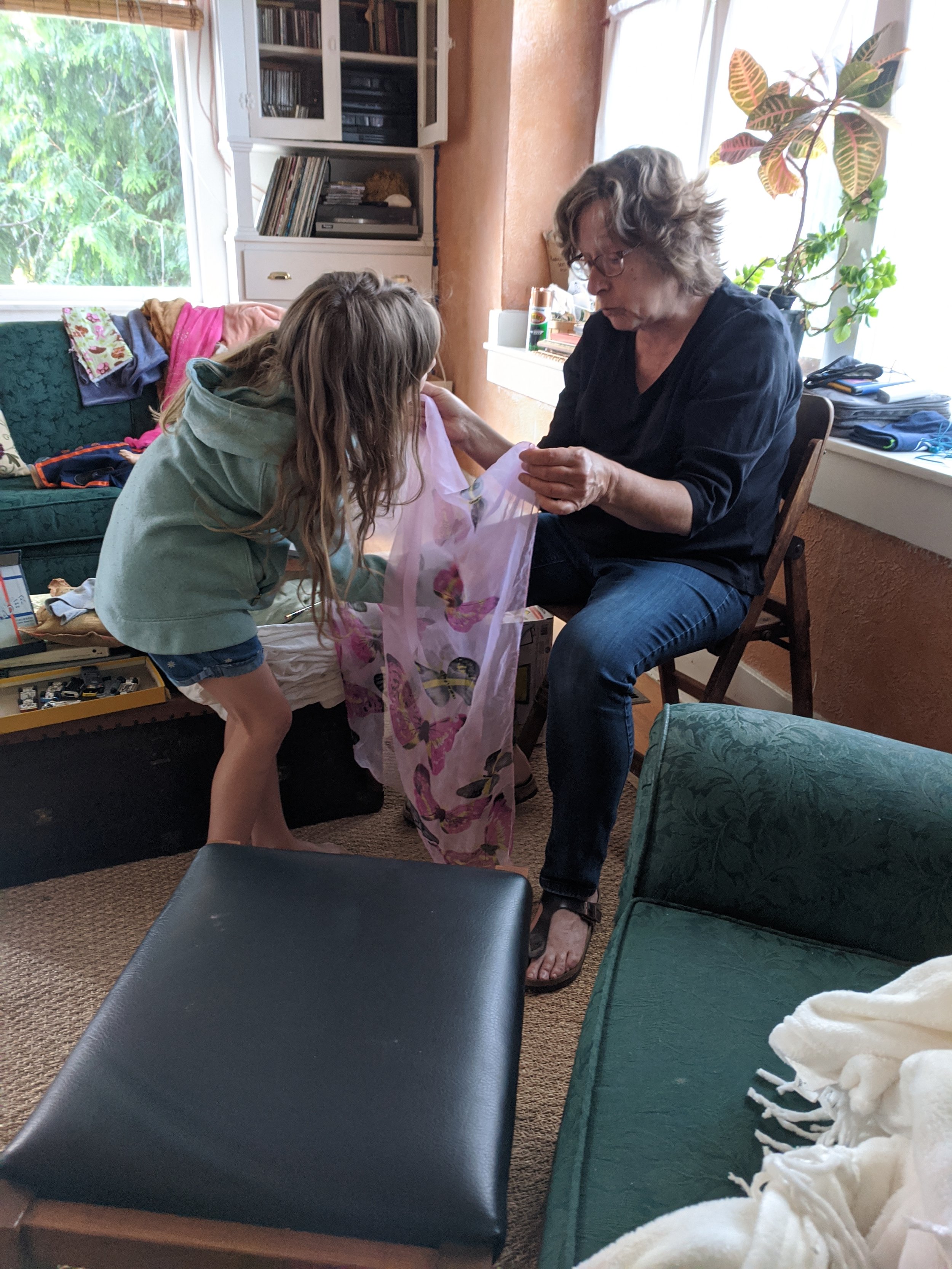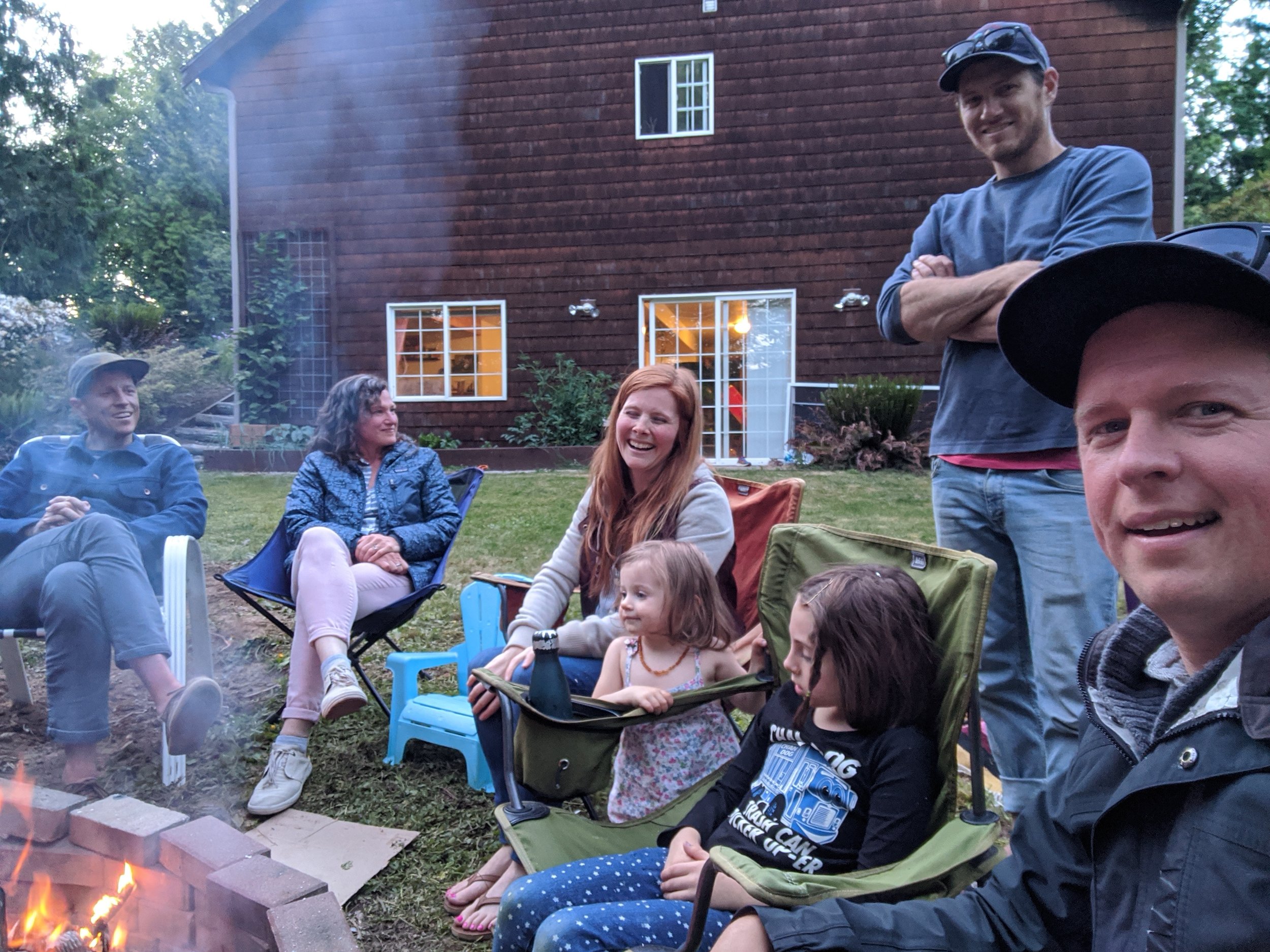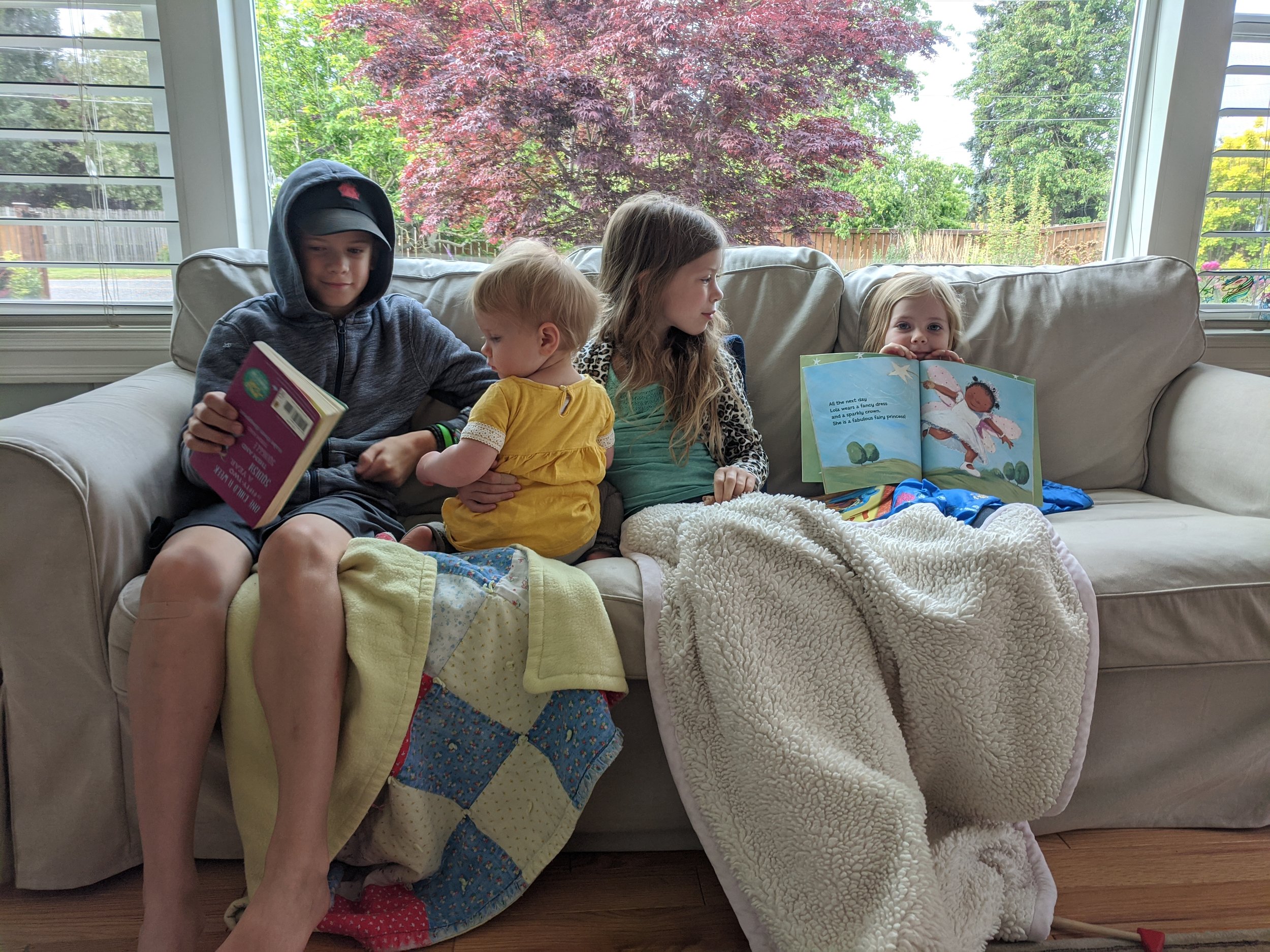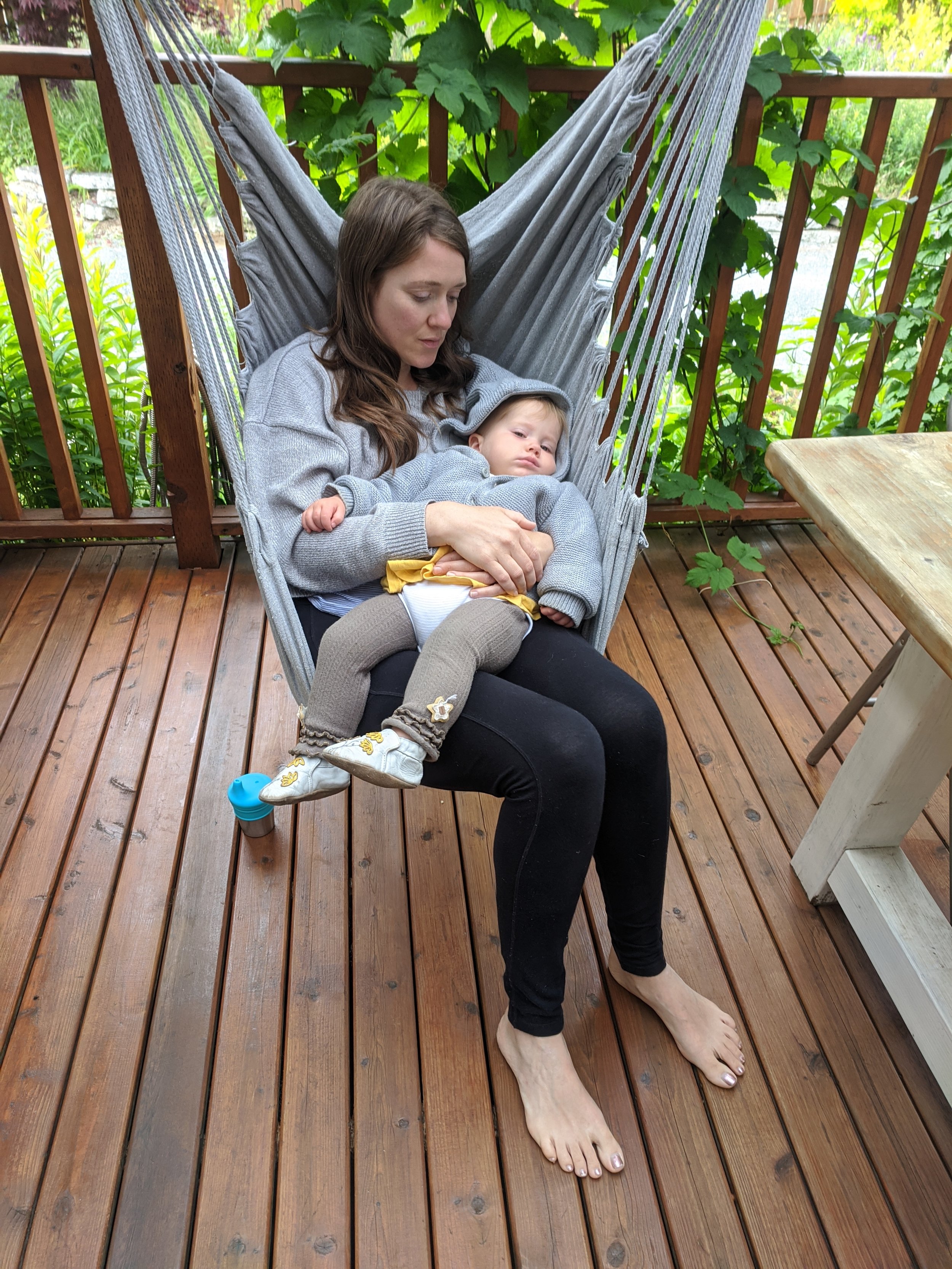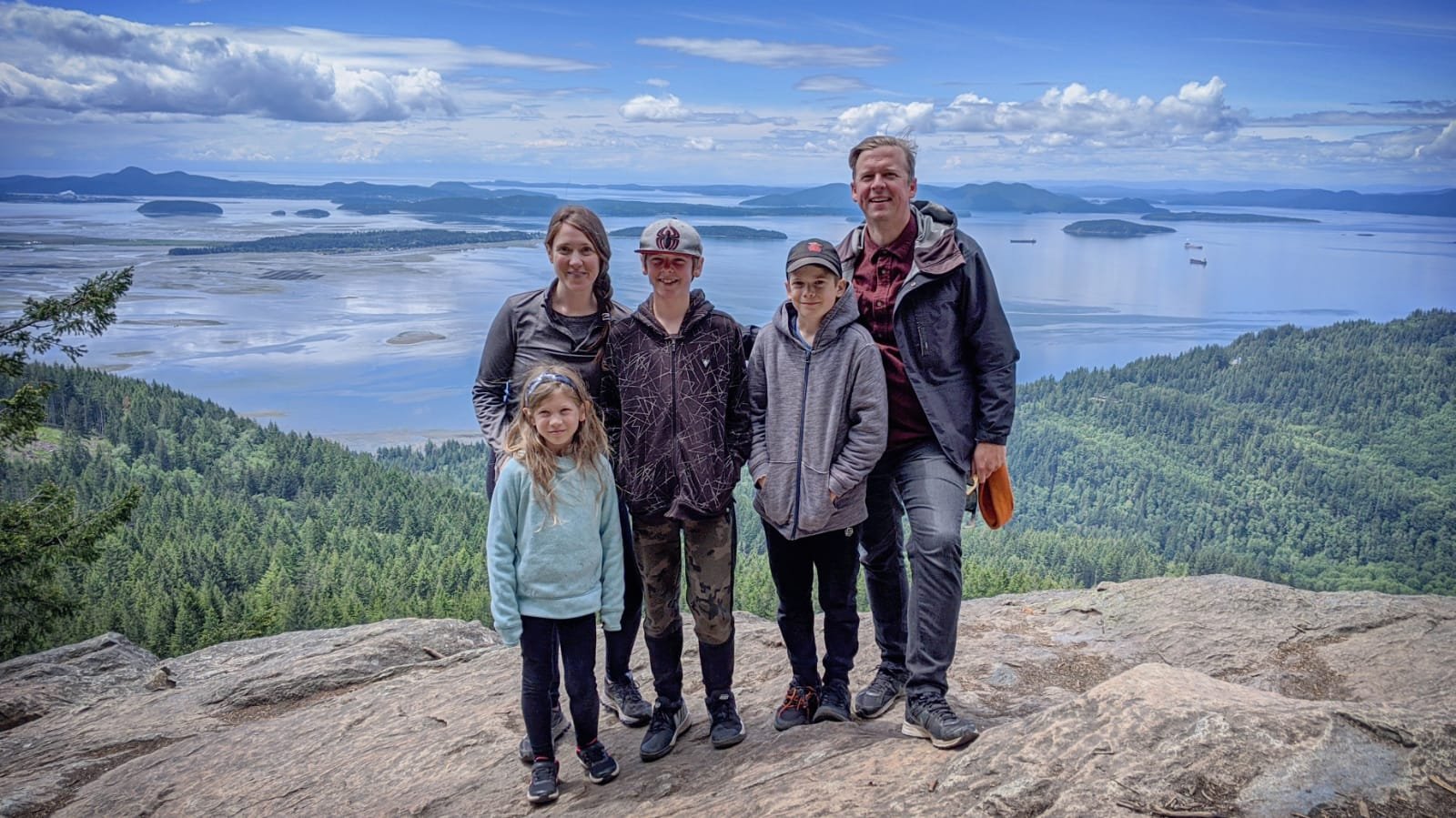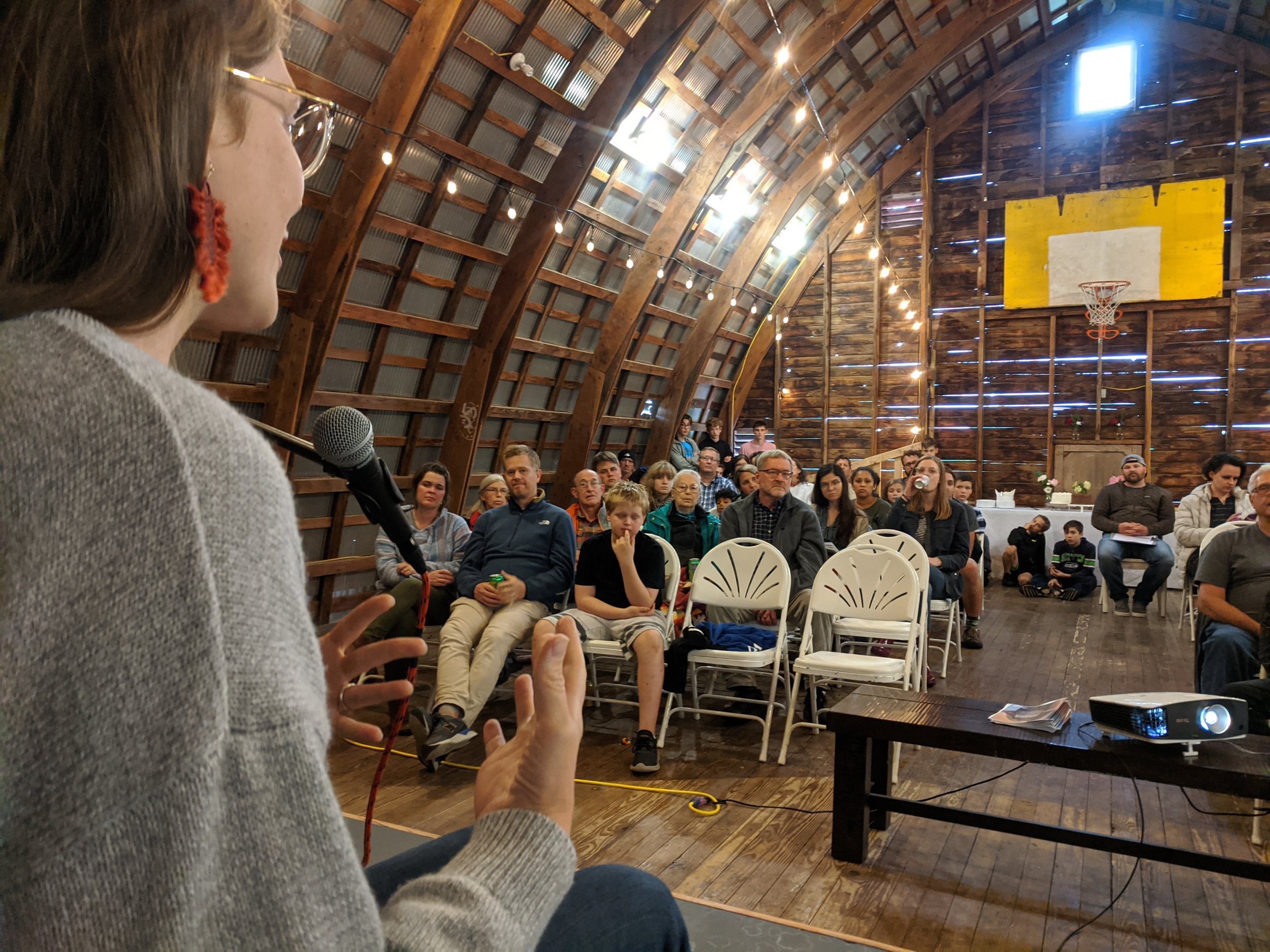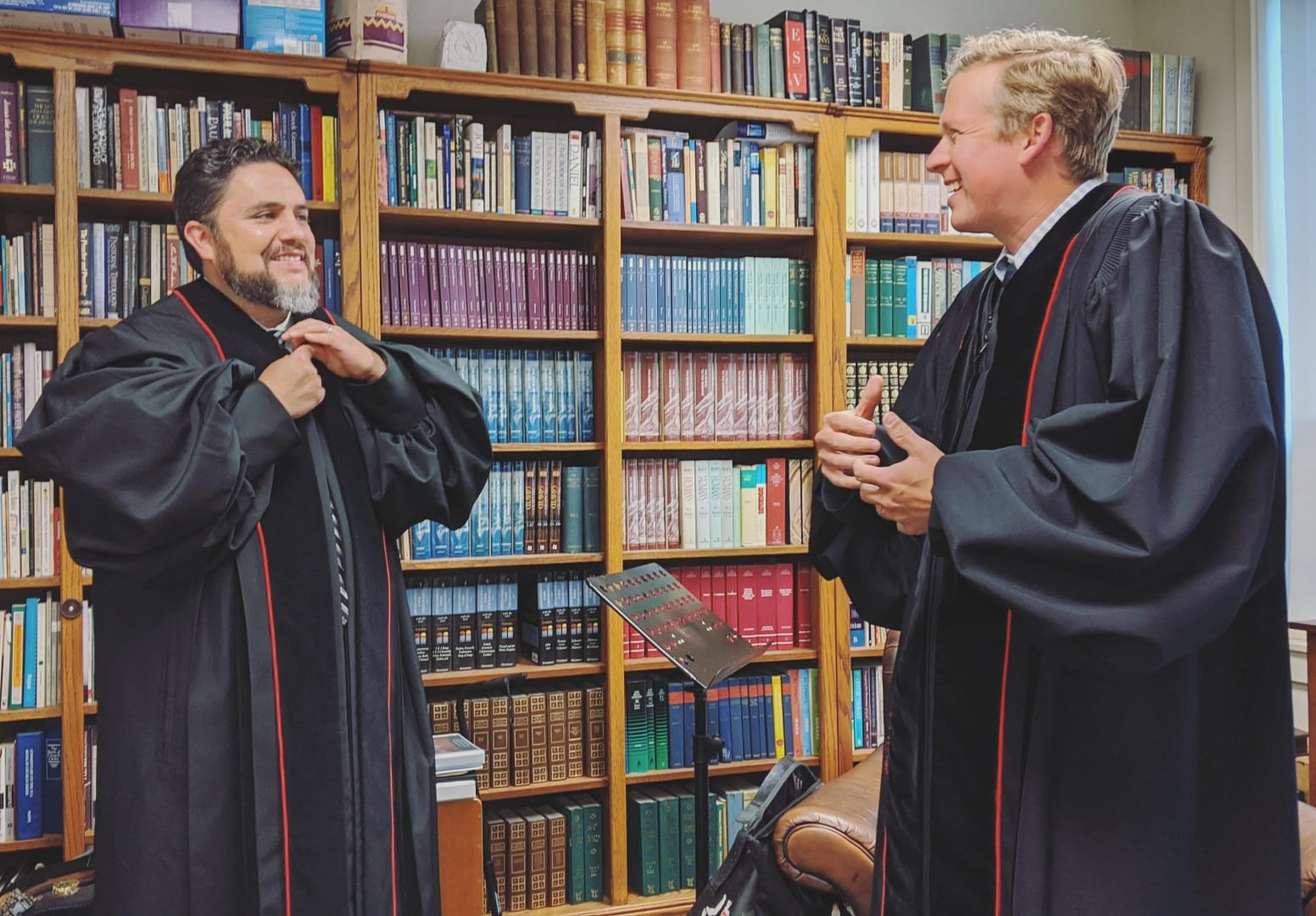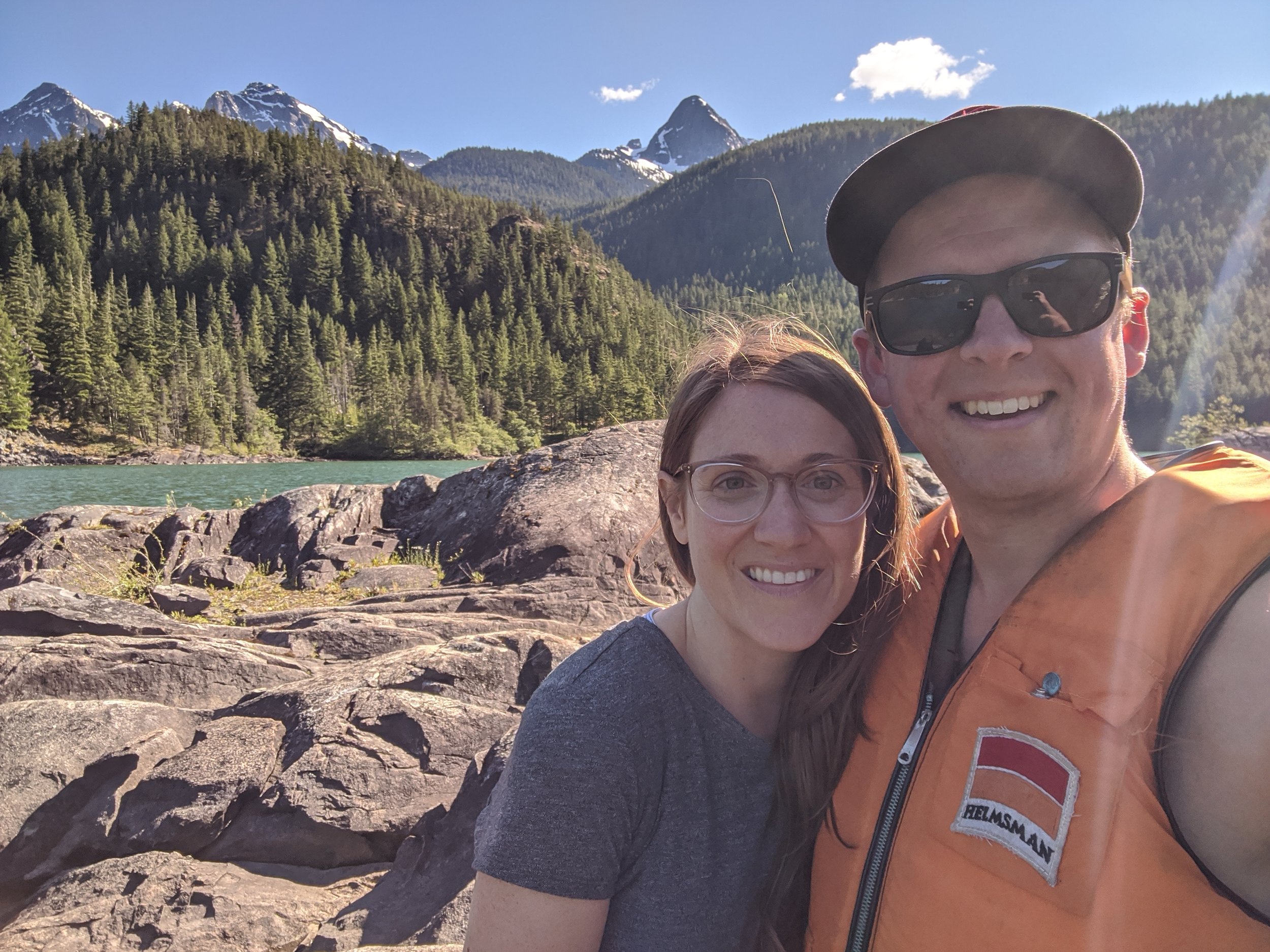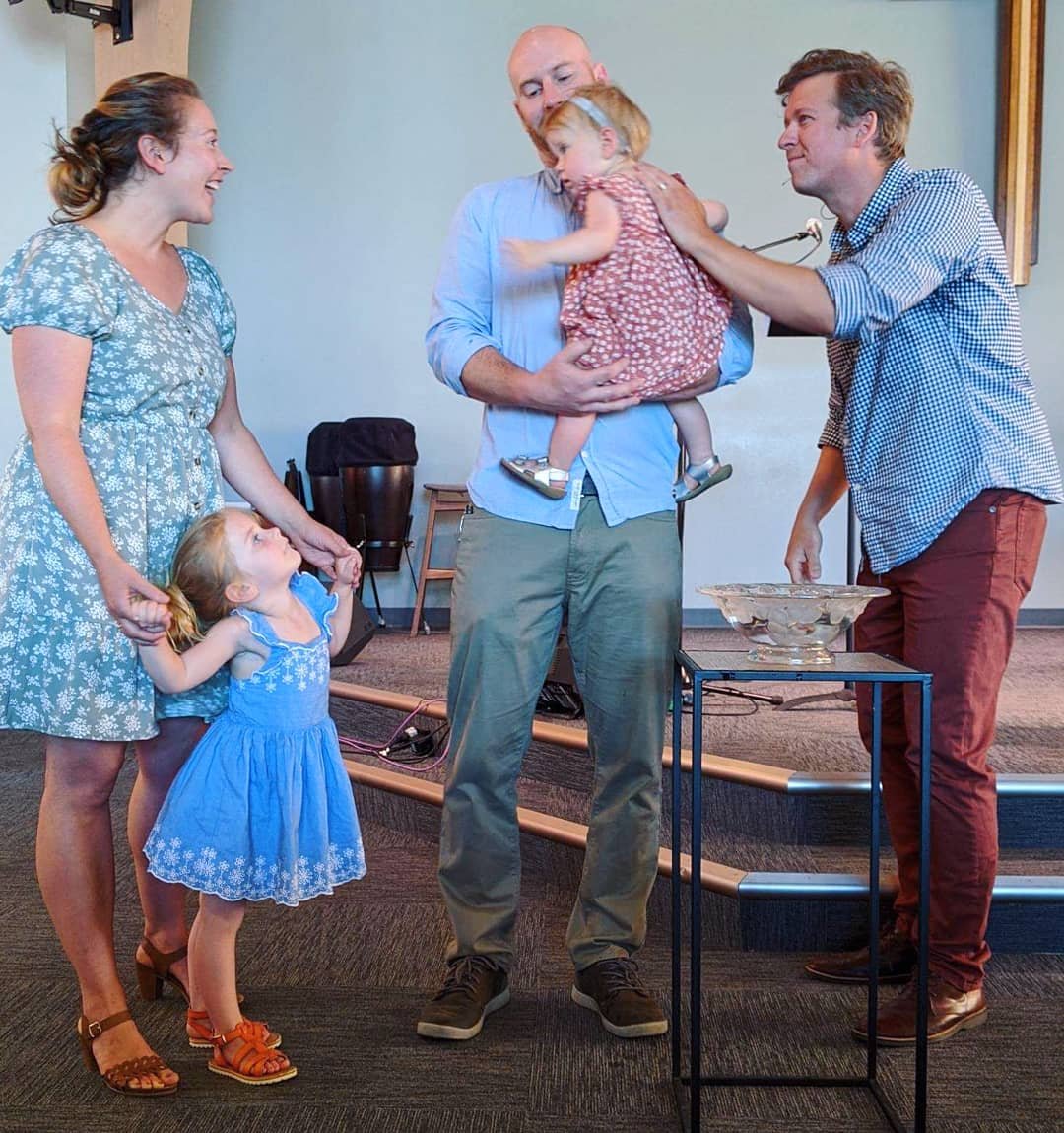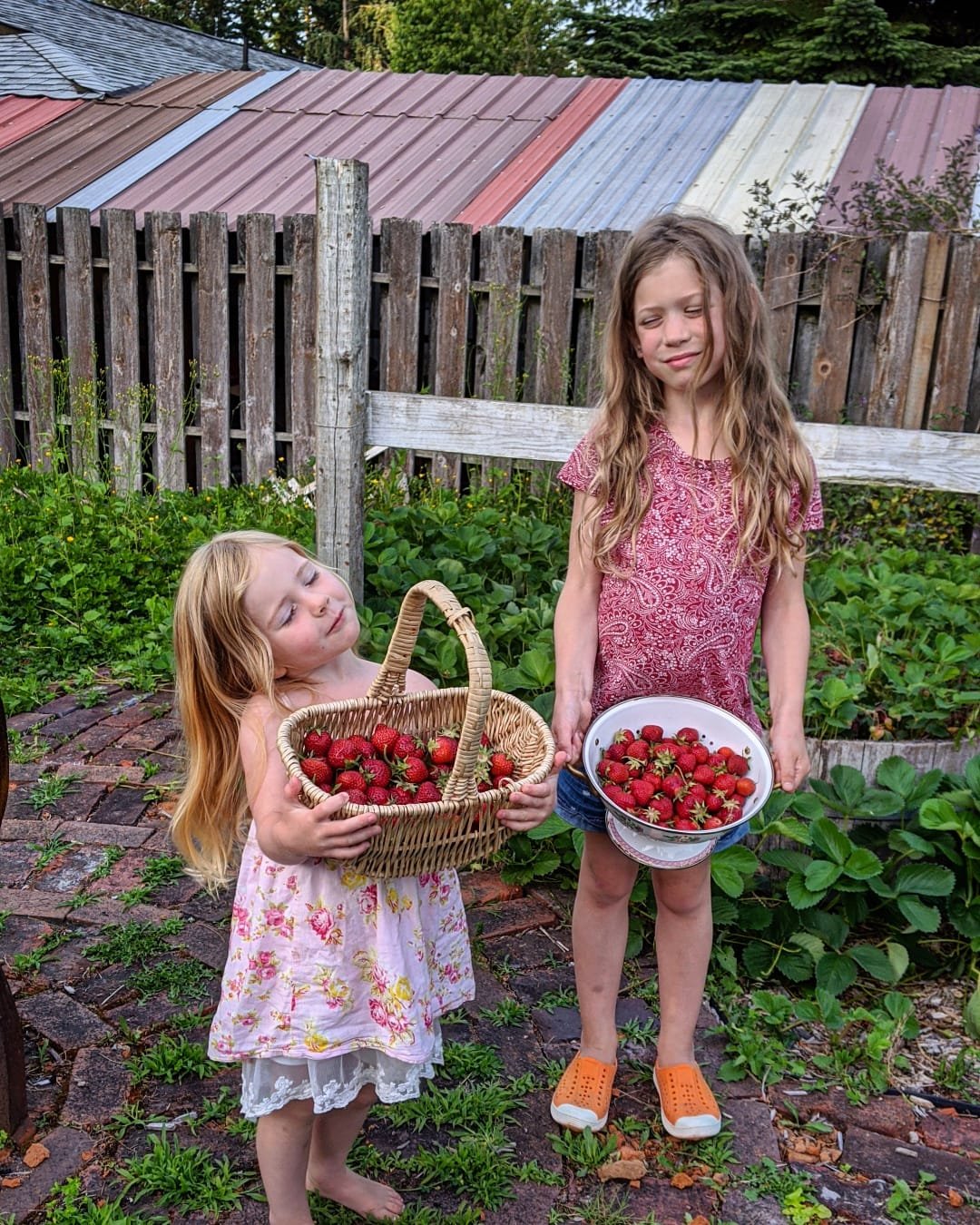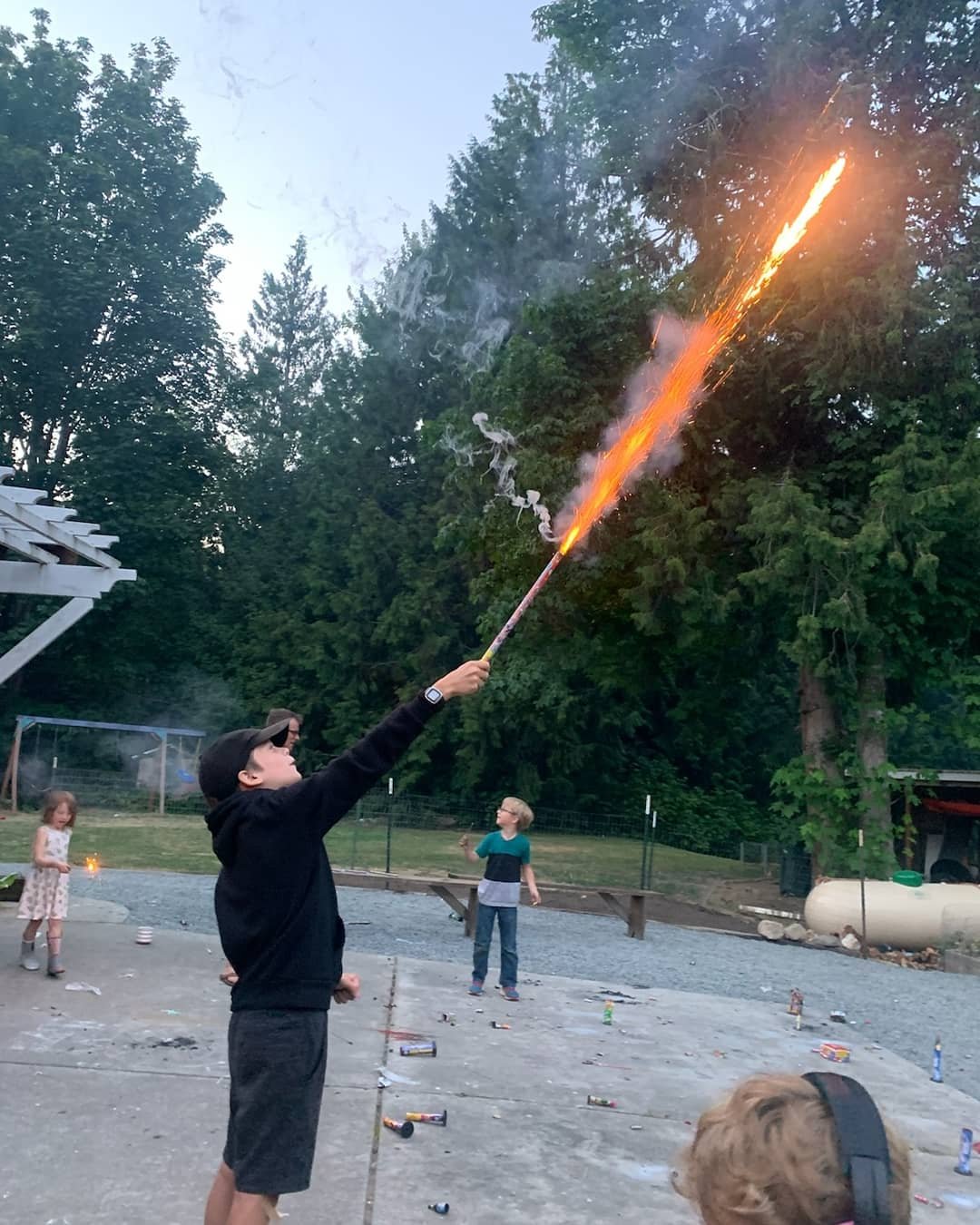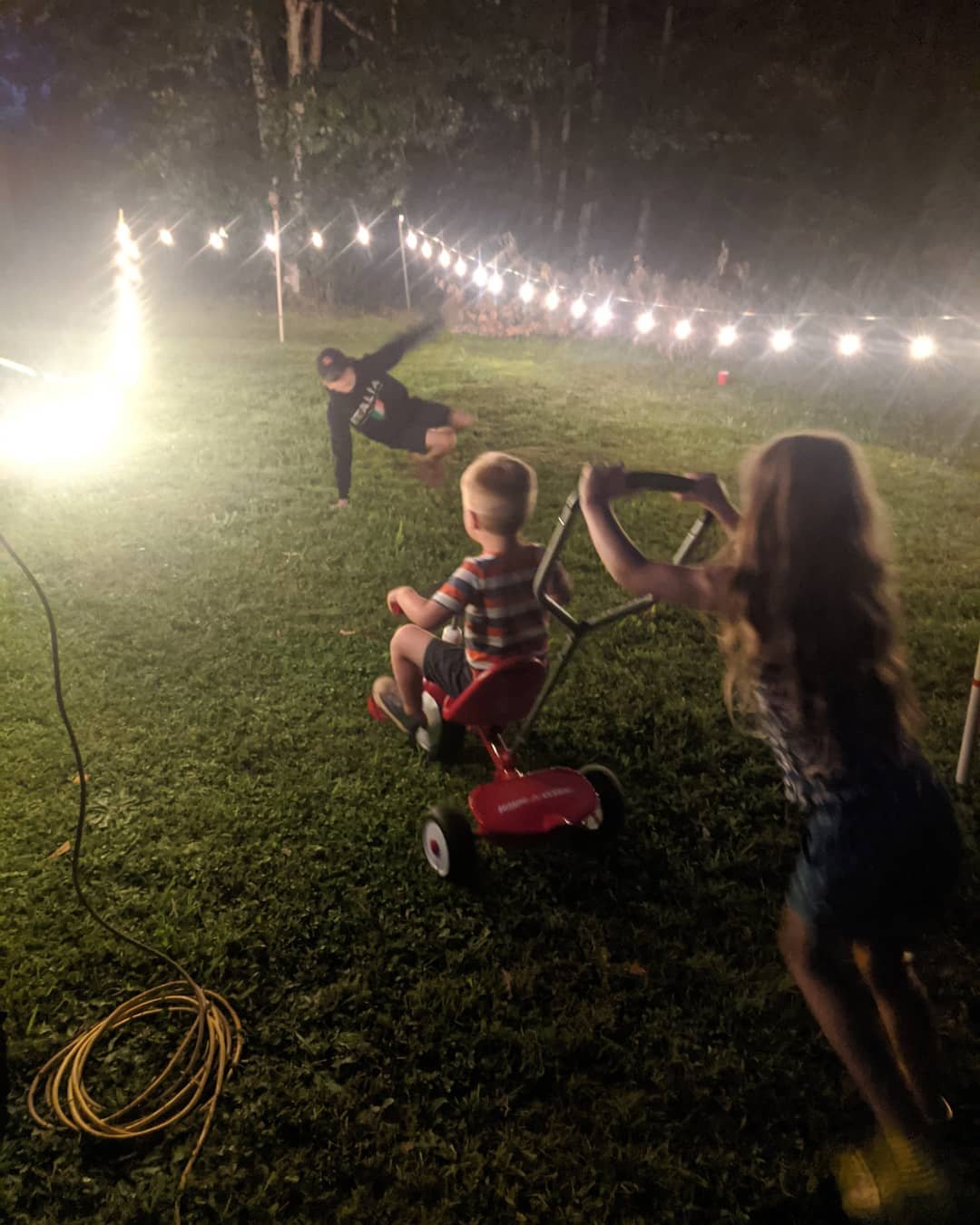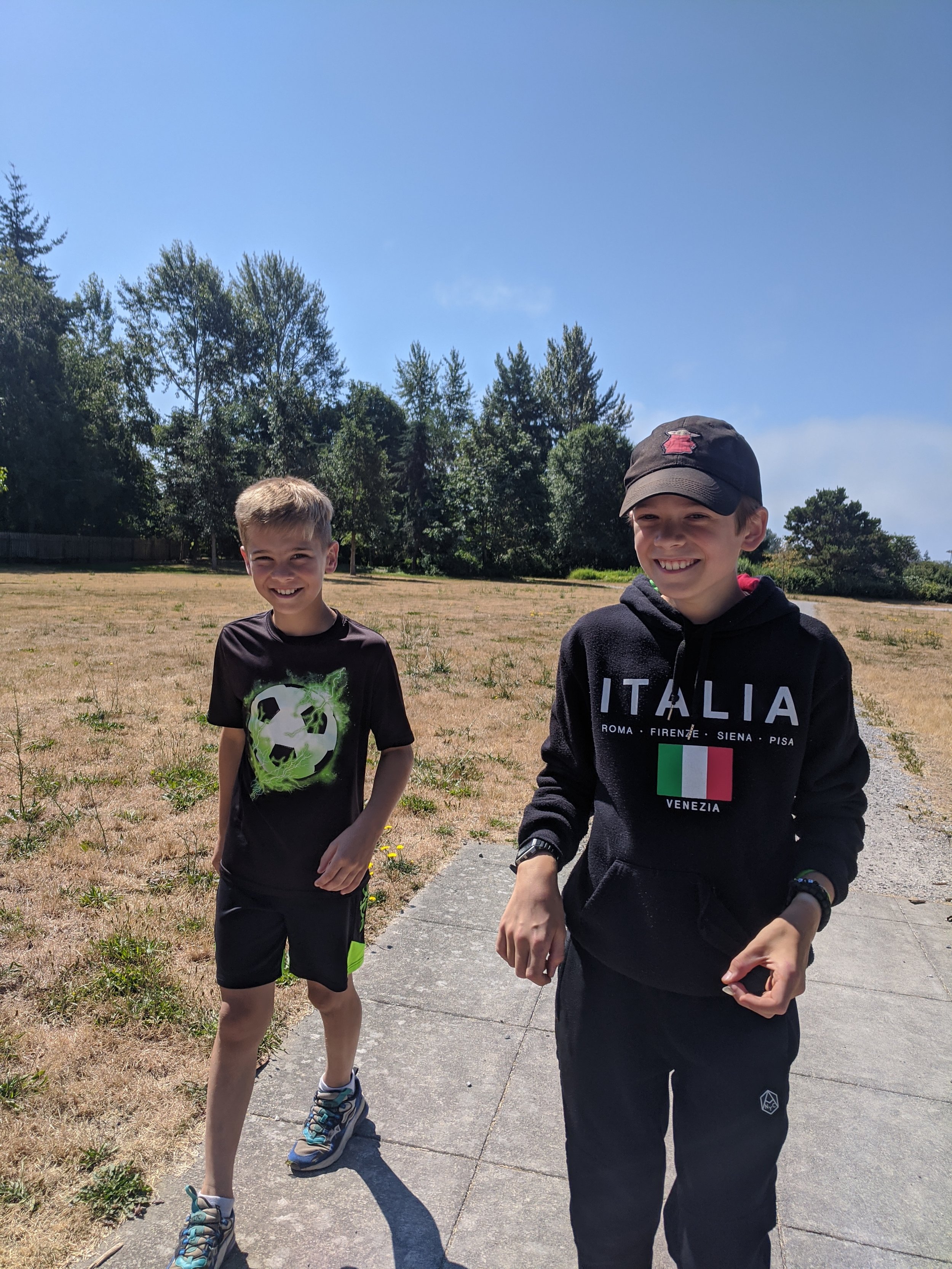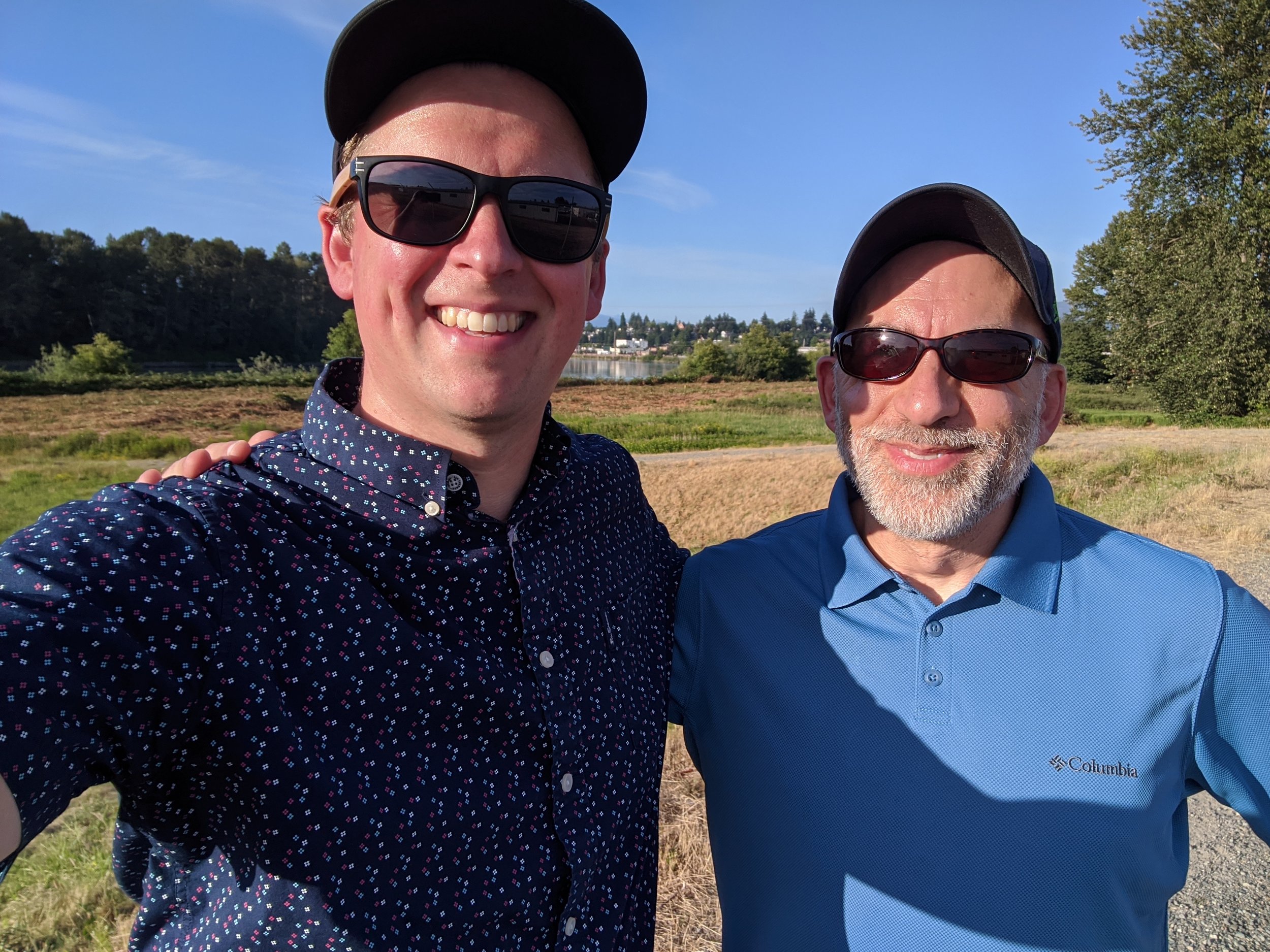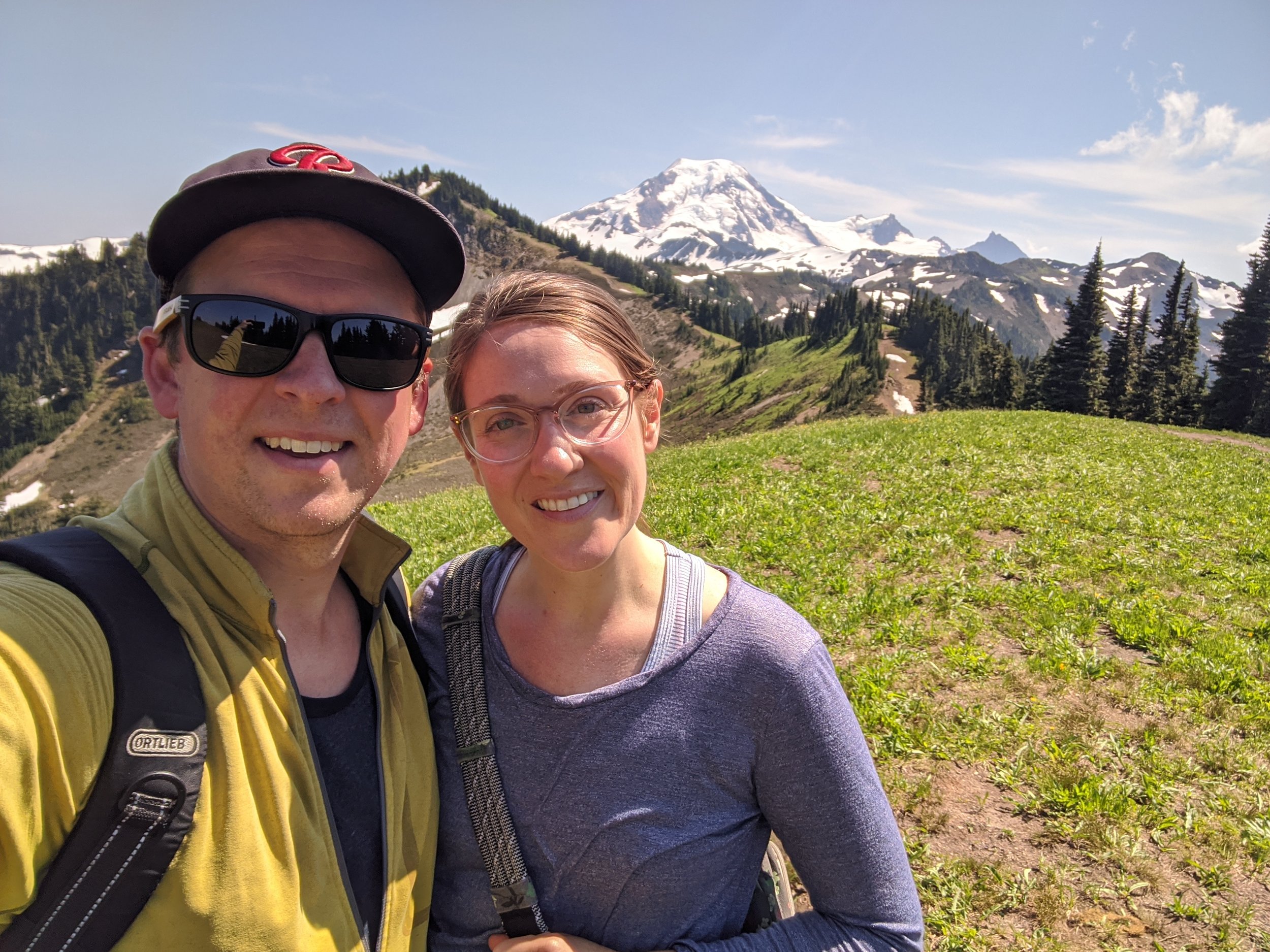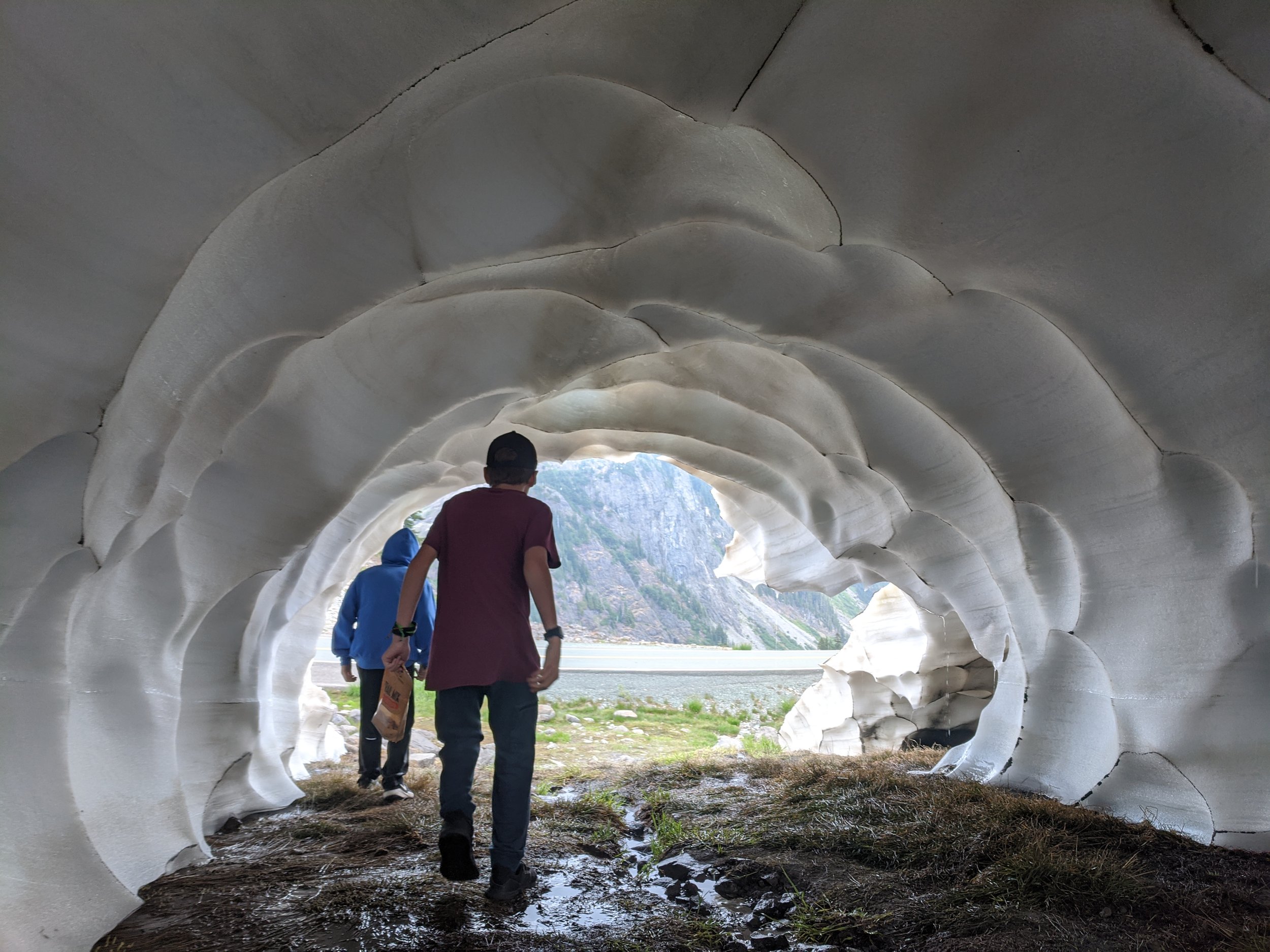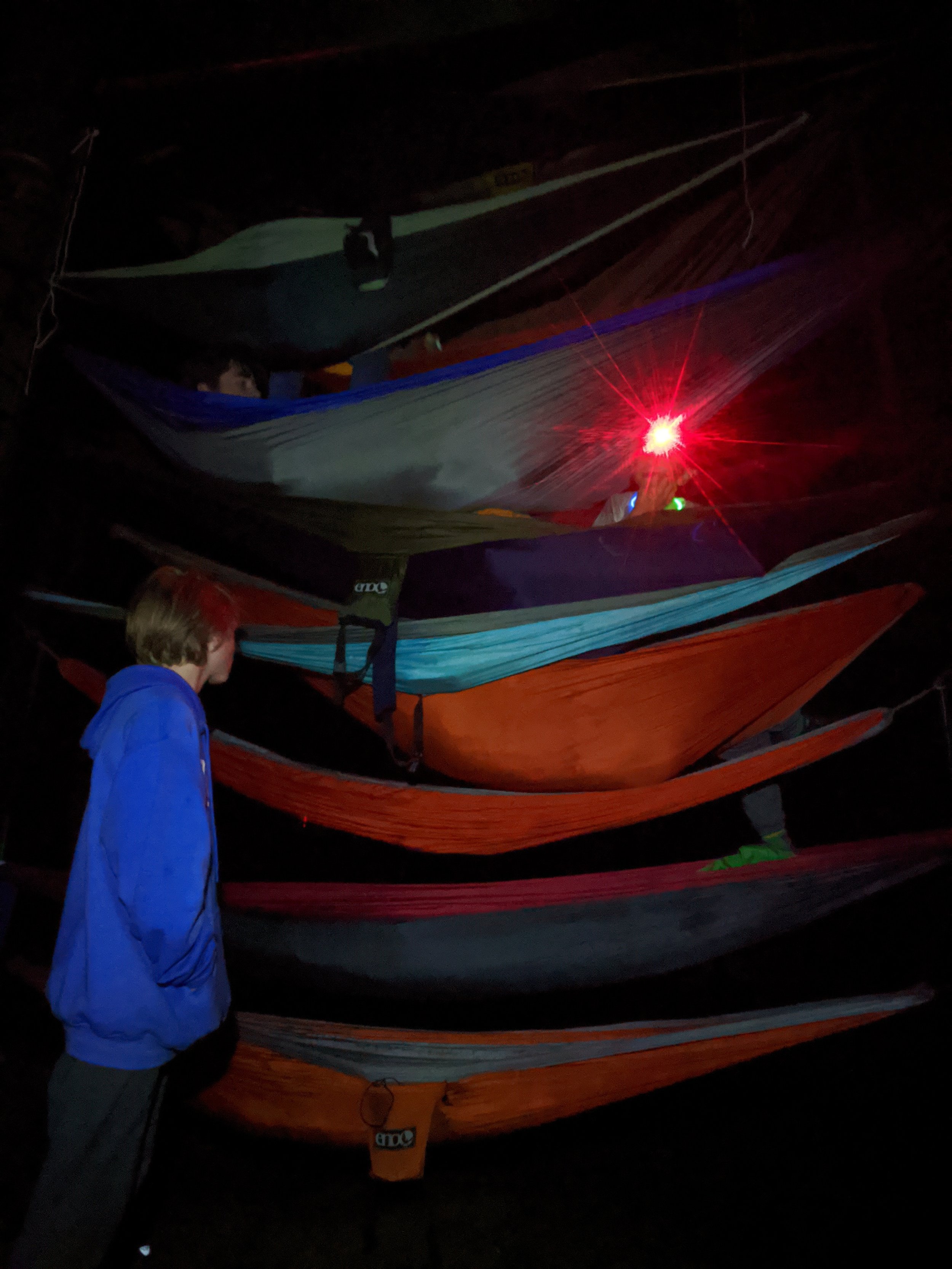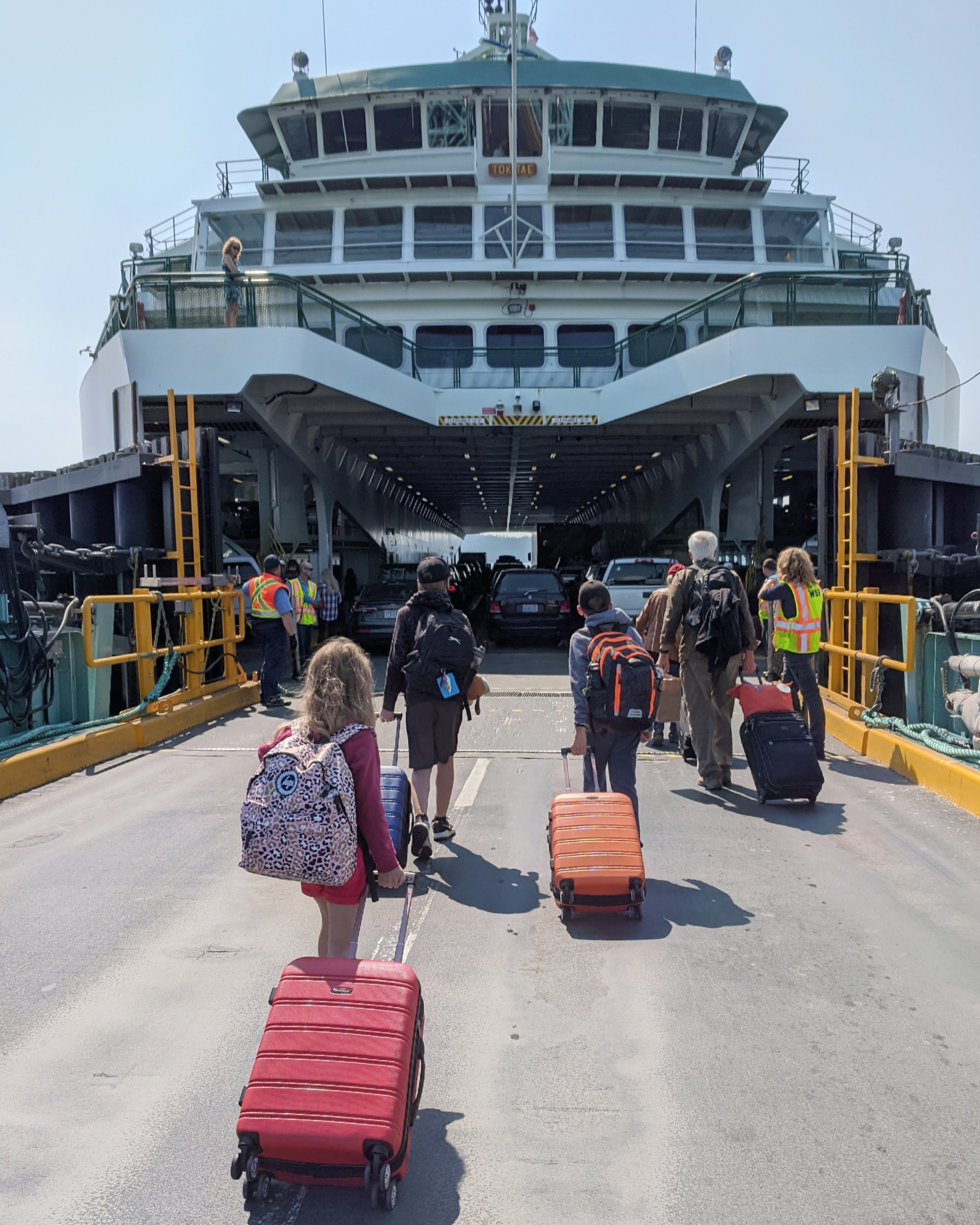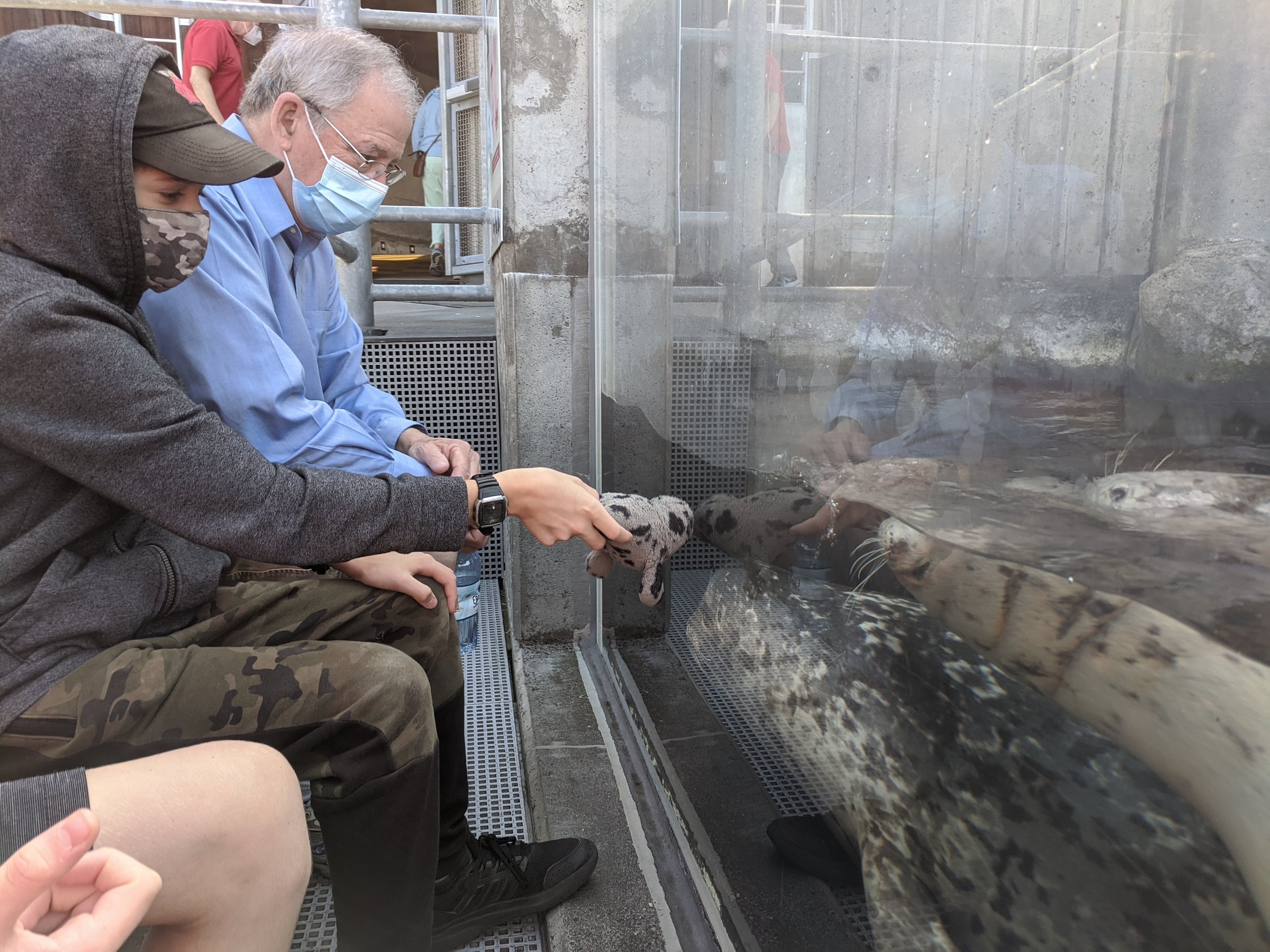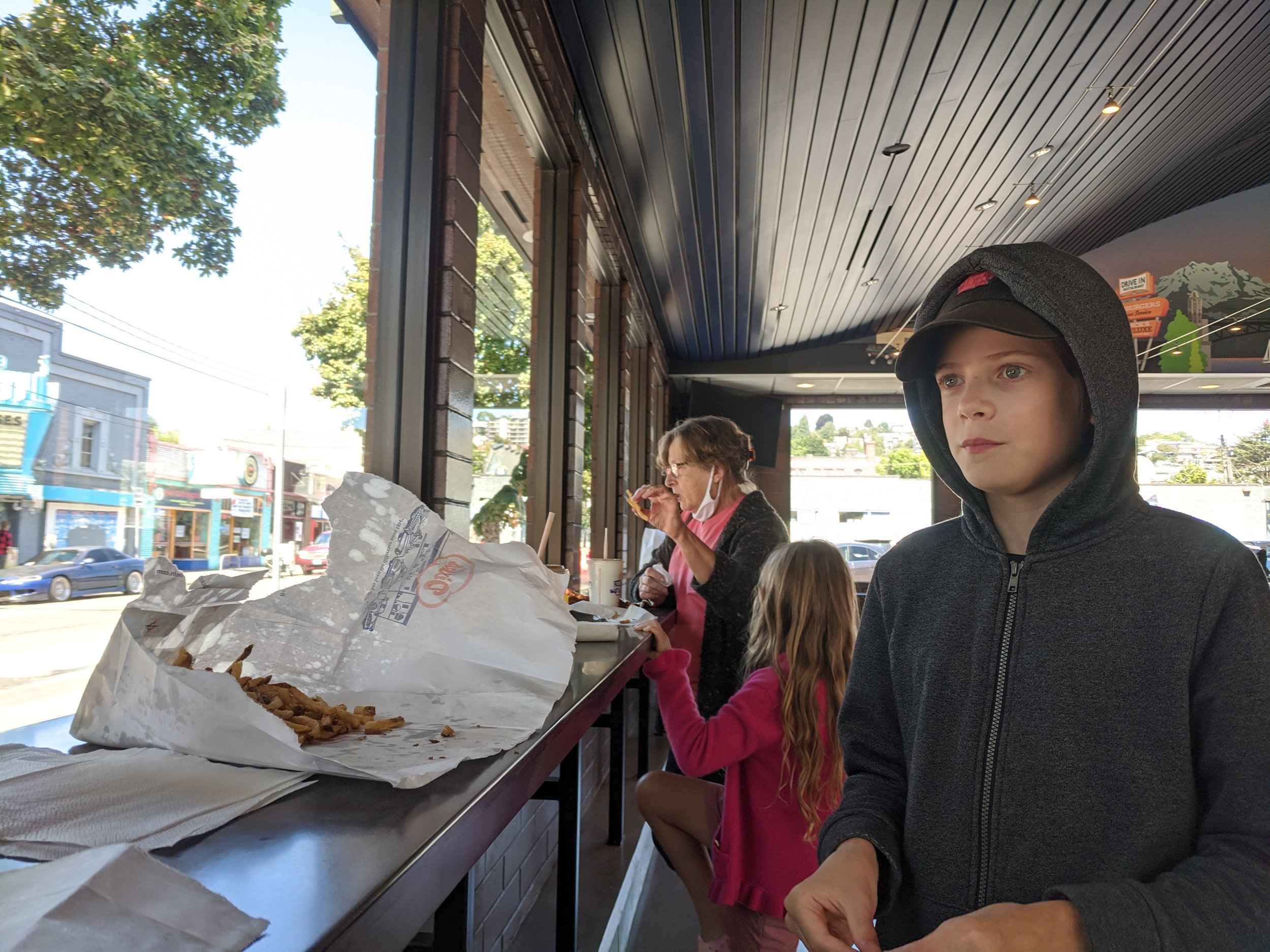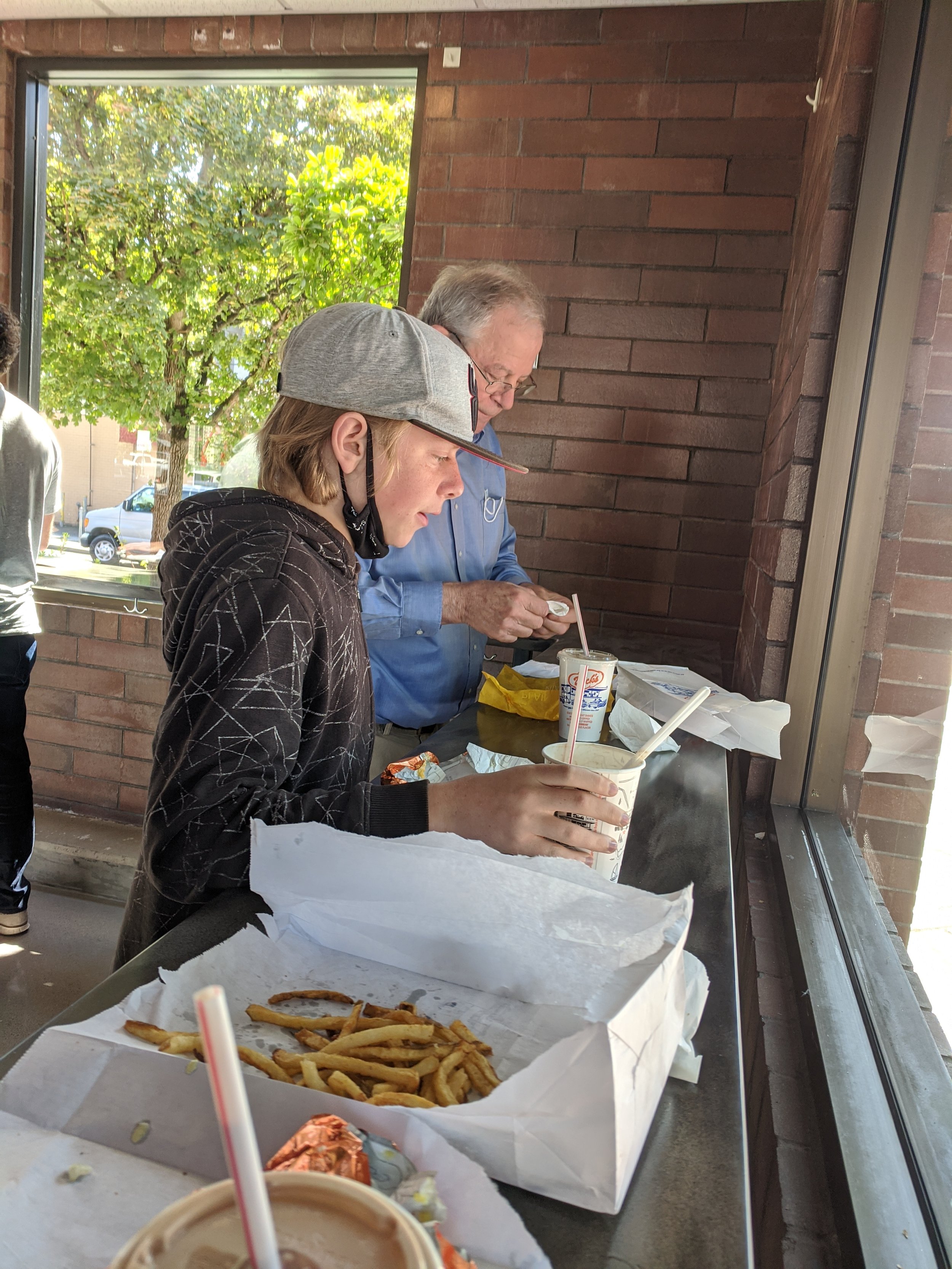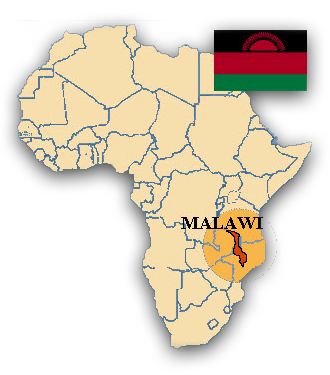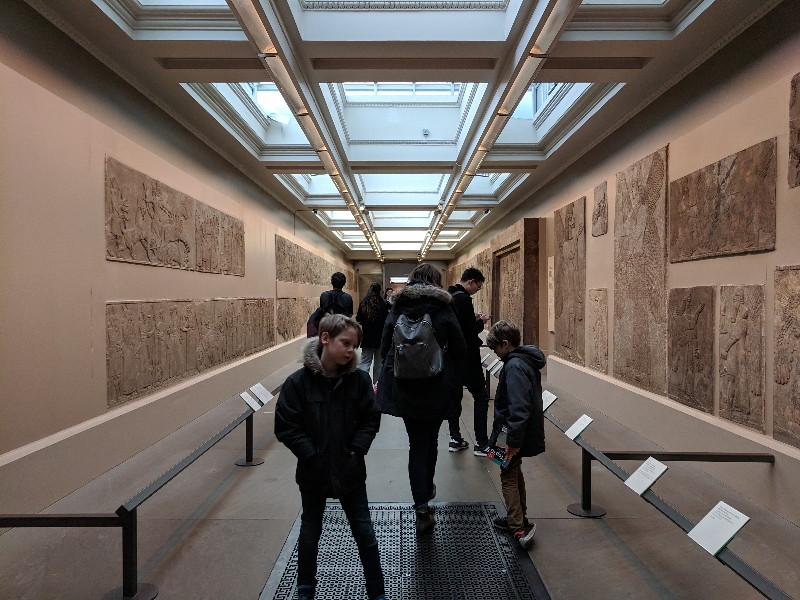This is the third of our philosophy of ministry signposts (see list at the bottom), part of our attempt to articulate lessons we have gathered along the way in ministry.
We hope these posts will be educational for our supporters and supporting churches by offering our perspective on the work we are partnering in. We also hope that these will lay the groundwork for orienting our future teammates to our work and team. And, as this is a public venue, we know that others can listen in too!
What Should We Be Urgent About in Missions?
Much of missionary work is centered around urgency. Often there are truly urgent needs: no clean water, failing health systems and epidemics, vulnerable and abused people to be advocated for. At this moment, the coronavirus pandemic certainly qualifies for one of those urgent needs. Apart from concrete needs, there is also a profound urgency for spreading the saving news of Jesus’ Kingship to every corner of the world. This is right and good.
However, urgency has been a motivator within missions for so long that in many popular appeals the two have become synonymous: to do missions is to do what is urgent. So, if we want to do missions, we often want to show how the needs are urgent, and therefore important. But, urgency can be a cruel master, and often has a way of pushing out strategy.
“But Africans don’t need advanced degrees, they just need basic help”
The quote in the heading above has been told to us explicitly more than once (and implied more than that). This is a good example of the way urgency can takeover our thinking.
The statement above begins with love. It is often said out of a feeling of sadness at the challenges the African Church and people face (poverty, sickness, not enough pastors, not enough training), and a longing to see things made better. But, as an immediate reflex, urgency creeps in and keeps that love half-baked. How so?
The reality is that while there are urgent needs on the ground in Africa (more pastors, more theological training, more books), they exist in part as a result of the lack of long-term strategic investment on the part of missionaries until now. Where are the African theologians with PhDs? Where are the commentaries written in Swahili, or written by Africans? Providing what is urgently needed often only helps the African Church limp along, instead of investing in their future and strategic long-term needs. (The Langham Partnership is a good example of this kind of strategic love).
Why can we say this so confidently? Well, in part, because we have spent time listening to African institutions, leaders, and churches, all of whom have repeatedly emphasized to us that the African Church wants to grow in their own theological depth and ability to produce quality work for their own context.
We also know that we would never accept less than this in the US. In the PCA, we would never want a pastor who went to a sub-par Bible College, whose thinking ability had not been carefully developed, and for whom there are no quality theology books or commentaries. Why then would we accept that state for the African church?
When Urgency is the Driver, It Stunts Our Love
Sadly, the reason we are happy for the African Church to limp along is often because our love is only half-baked: we give our scraps and not our best. Love no longer drives urgency, urgency drives love.
So long as our mission priorities are driven by urgency, what most touches your heart or, cynically, what donors will get excited about, we are on a dangerous course to begin using those we are meant to serve. This can be true in both our fundraising efforts as well as our vision and hope in relationships.
For example, when this kind of thinking is in place it is easy take the truly heart-wrenching stories among African communities and share them (or people’s pictures) without a second thought about that person’s privacy and dignity.
Or, as an example of the narrowing of our hope, it becomes easy to assume that whatever I can bring as a Westerner missionary must be better than what they have. It becomes easy to give up on the hopes and desires they have for a better future, and decide for them that meeting the urgent pressing needs are enough.
Strategy Can’t Be the Driver Either
However, it is easy to overestimate the importance of our actions in the kingdom of God. Strategy has long been an excuse to keep us from sacrifice. A scholarly example of this might be: “I probably couldn’t really serve and really do any good until I’ve really really grown as a scholar and published a lot.” In the name of strategy, this kind of thinking seemingly never finds a time good enough to sacrifice. The problem here is that the day will never come when we are in a position to judge just how much good we will really do.
What is most impactful is up to the Spirit of the Lord. He is the one who gives life and accomplishes what is most meaningful. So, all the best strategy is built up in vain if the Lord doesn't build the house. Odd as it may sound, strategy can’t be the driver either.
This may mean that we make investments which we later lose because they are the right thing for our loving long-term strategy. One such example for us is the investment of a Ph.D. We are investing our time and energy, and have asked our supporters to enable us to acquire a doctoral degree because this enables us to serve the African church in one way that is needed for the long-term health of the African church.
However, every investment is risky. It may be that the current pandemic so profoundly disrupts life in the USA and Malawi that all our strategy is upended as well. It may be that once we arrive in Malawi with a Ph.D in hand, the thing they need most from us is organizational help, and other forms of service which do not have anything to do with Daniel’s research area or specialty. … Actually that second possibility is pretty likely! Love drives us to invest strategically, and to willingly lose those investments to love the same people. This is why we wrote on taking the long-term view of patient trust in the Lord’s activity. Investment driven by love doesn’t demand fruitfulness, but prays and waits on the Lord.
This puts us into a place of wanting to carefully ask what the interests and priorities are of those we intend to serve, and yet being willing to lose all our investment if the Lord would have us serve differently. I think that's what David means in Psalm 31:15 when he says "My times are in your hand" (much like Jesus on the cross quoting a few verses earlier in Psalm 31:5, "into your hands I commit my spirit.") This is the pinch of uncertainty we live with. But this is the right place to feel the pinch, rather than imposing our agenda on our African brothers and sisters.
Conclusion
Urgency has too long been given a free pass in the way we think about missions. But strategy cannot take pride of place either. This is about the right ordering of our values: Love takes first place, ordering urgency and strategy according to its own agenda.
This is the third part of a series of blogs on why missions needs a long-term vision:
Taking A Long-Term View
Change is at the Pace of Relationships
Upcoming Topics:
Love Takes the Risk of Investment
Why Long-Term Ministry Needs Short-Term Visits







